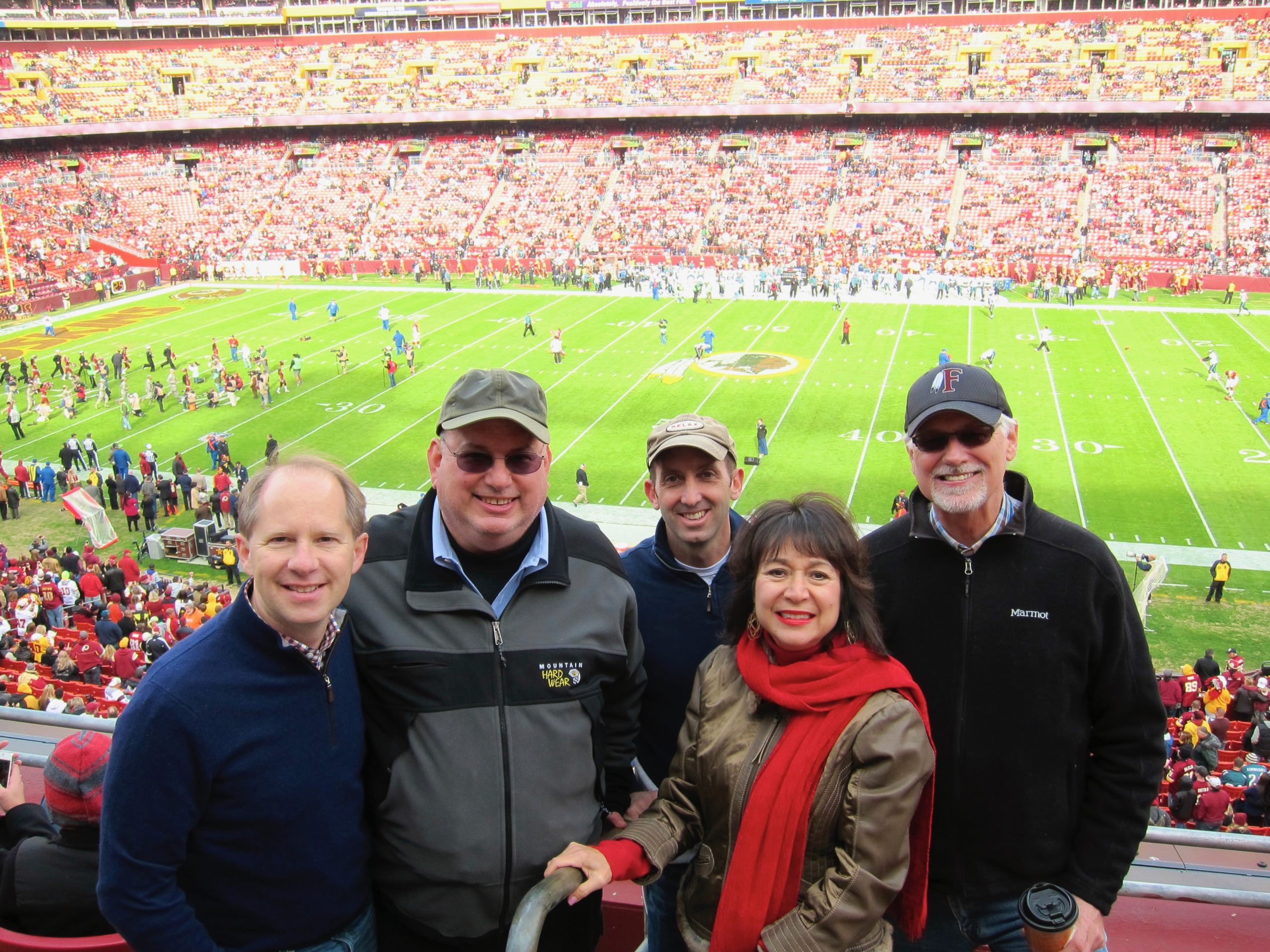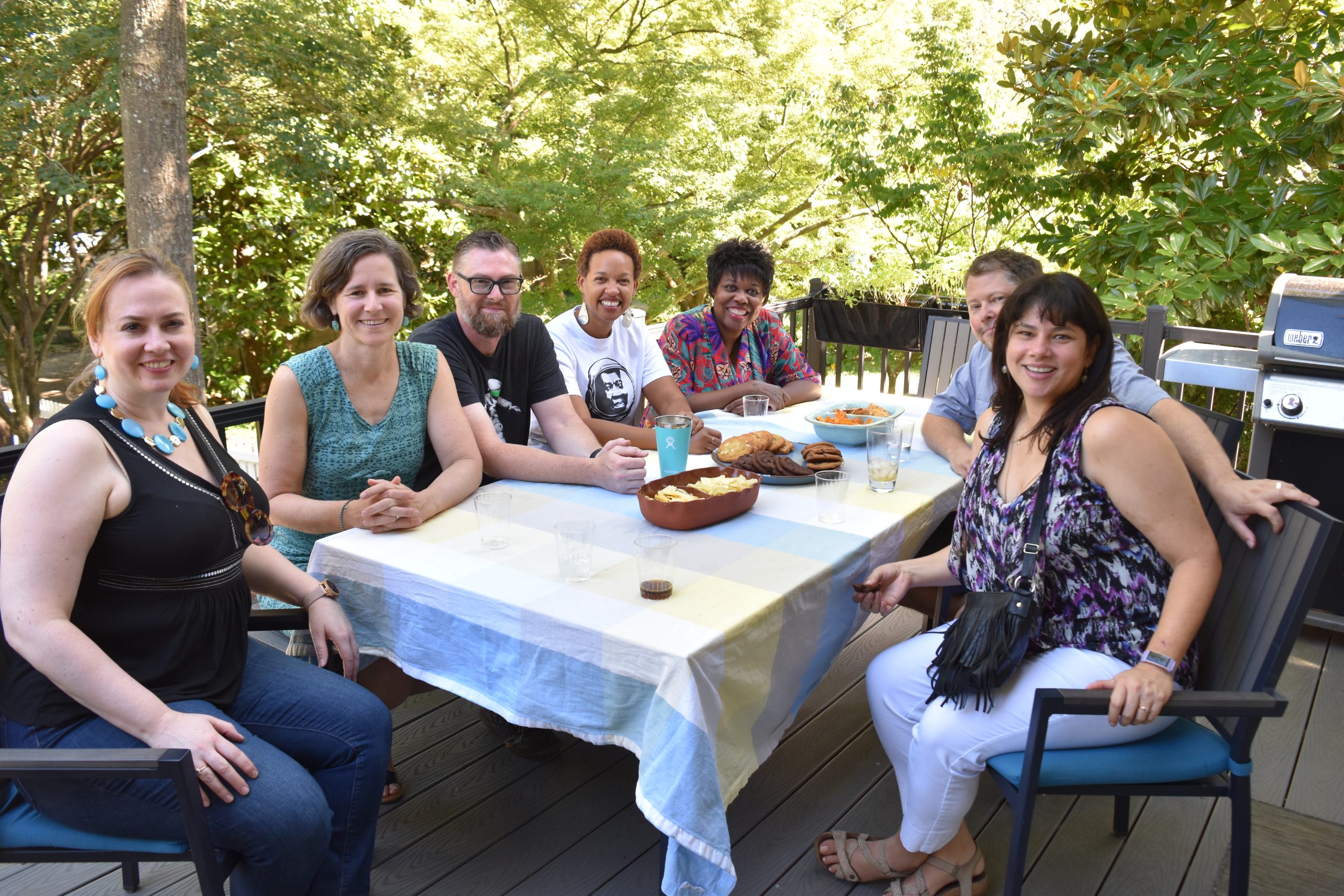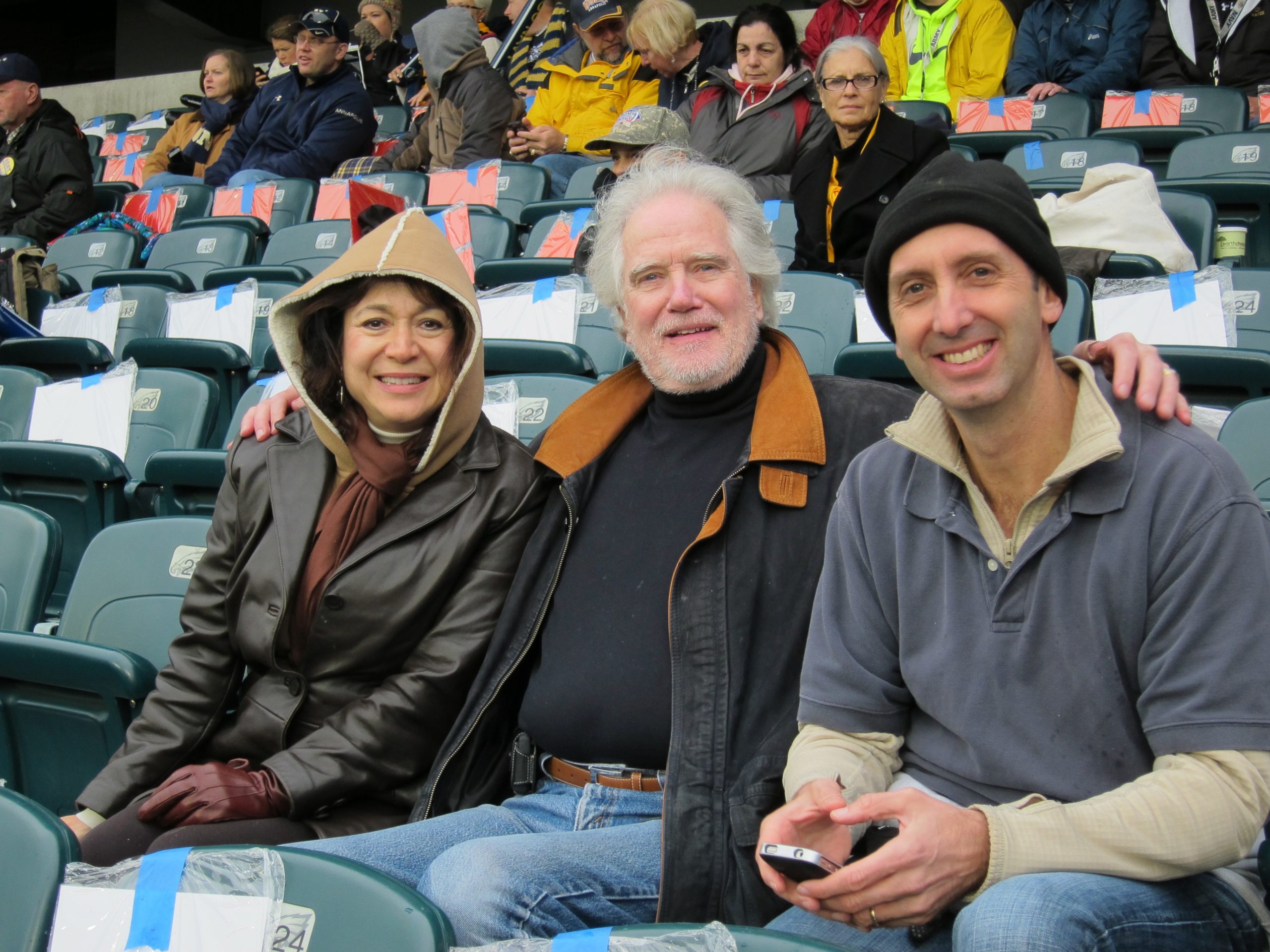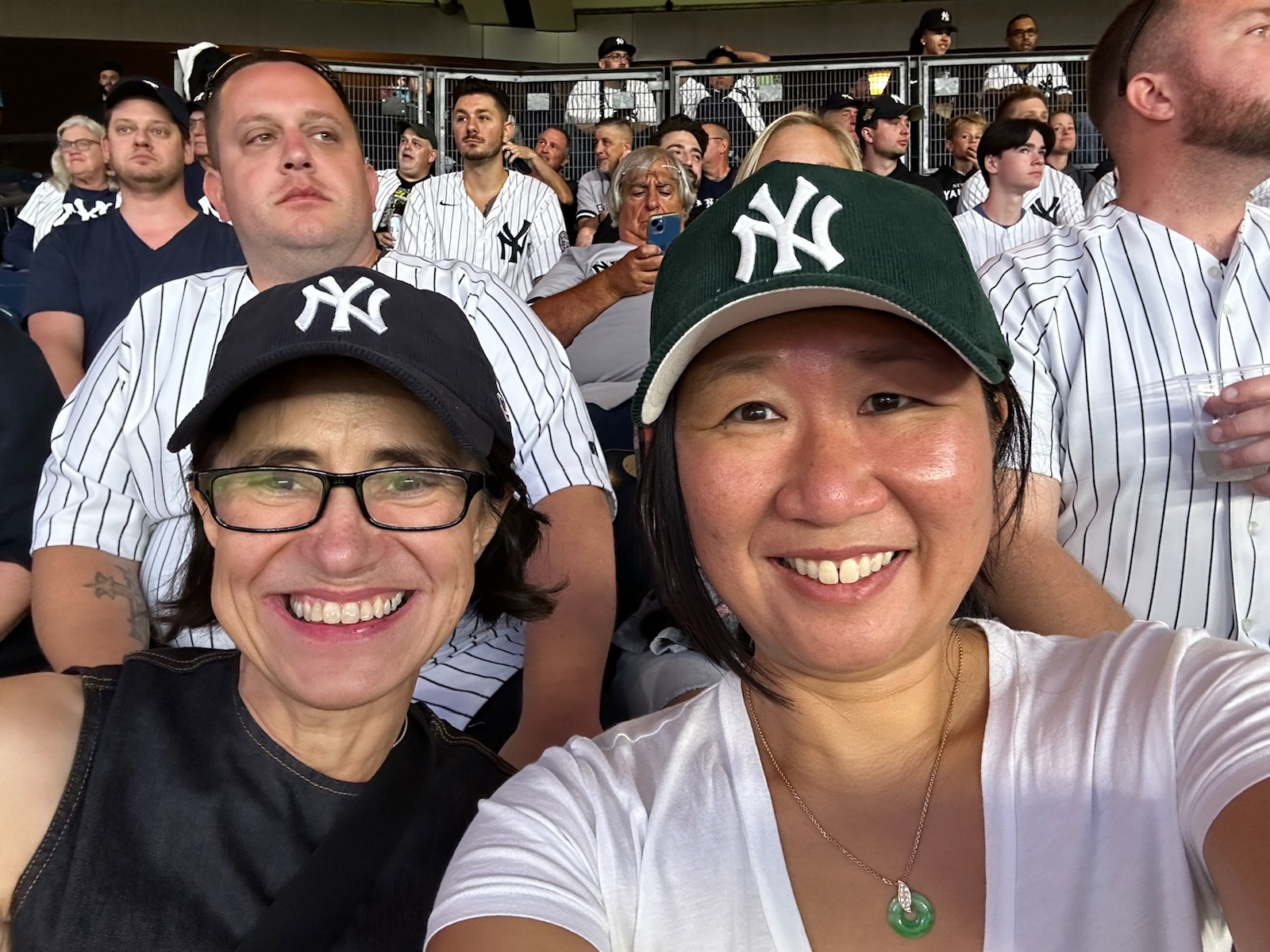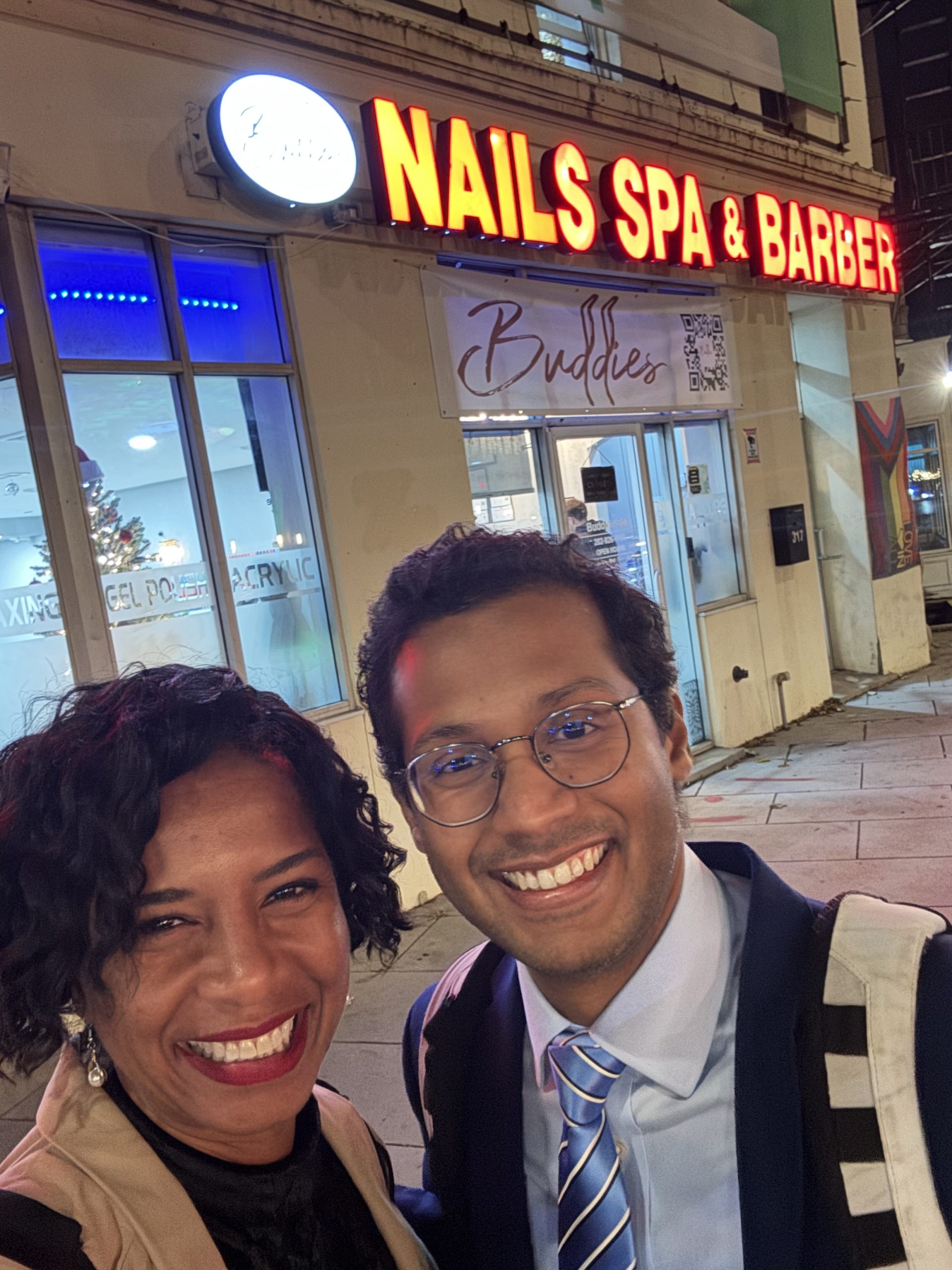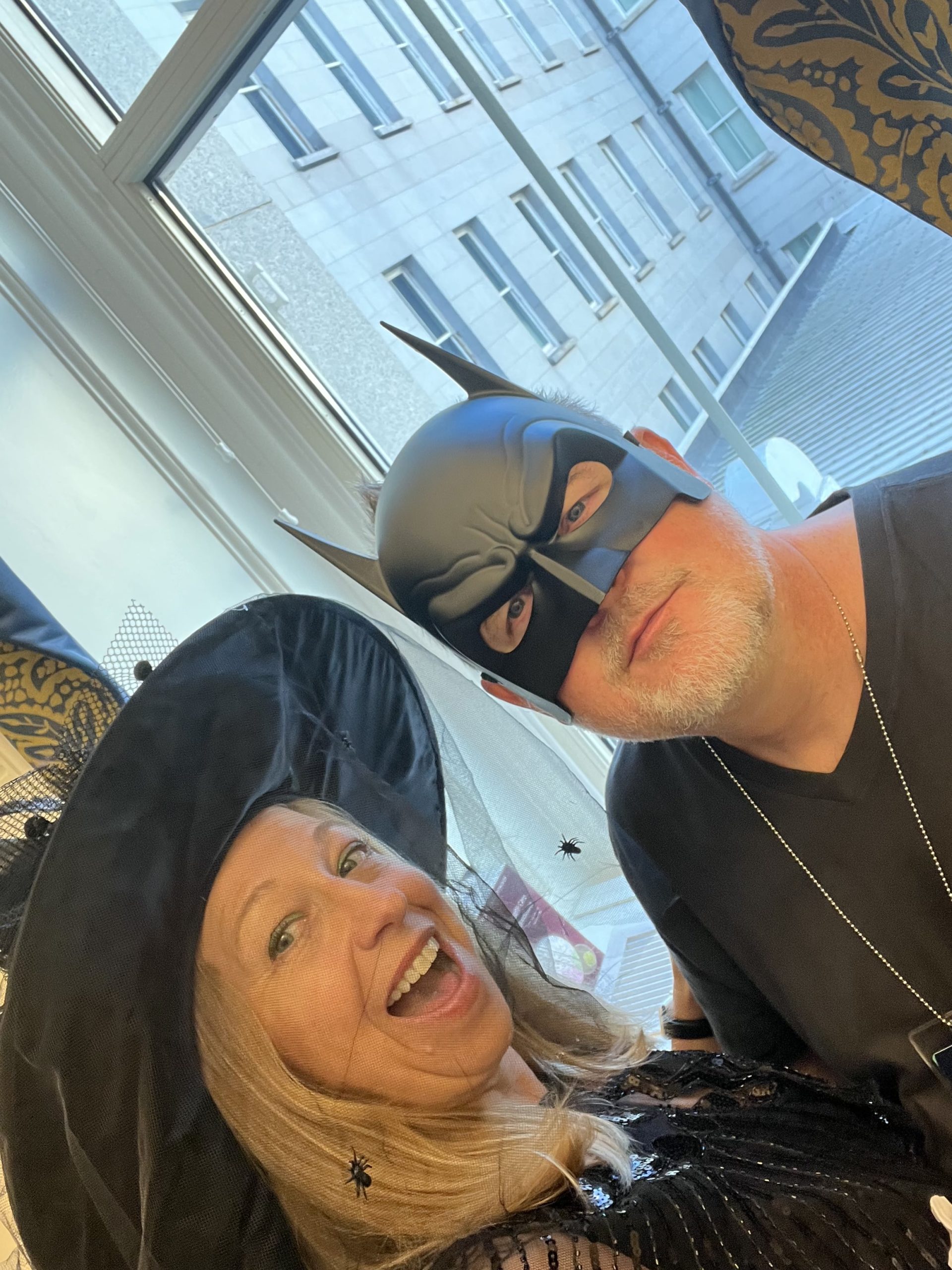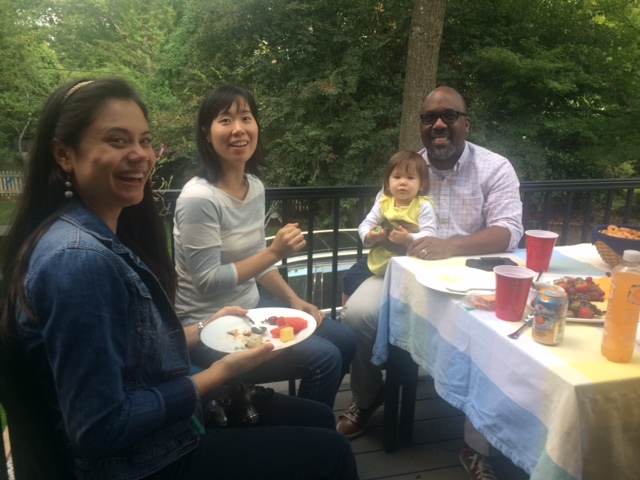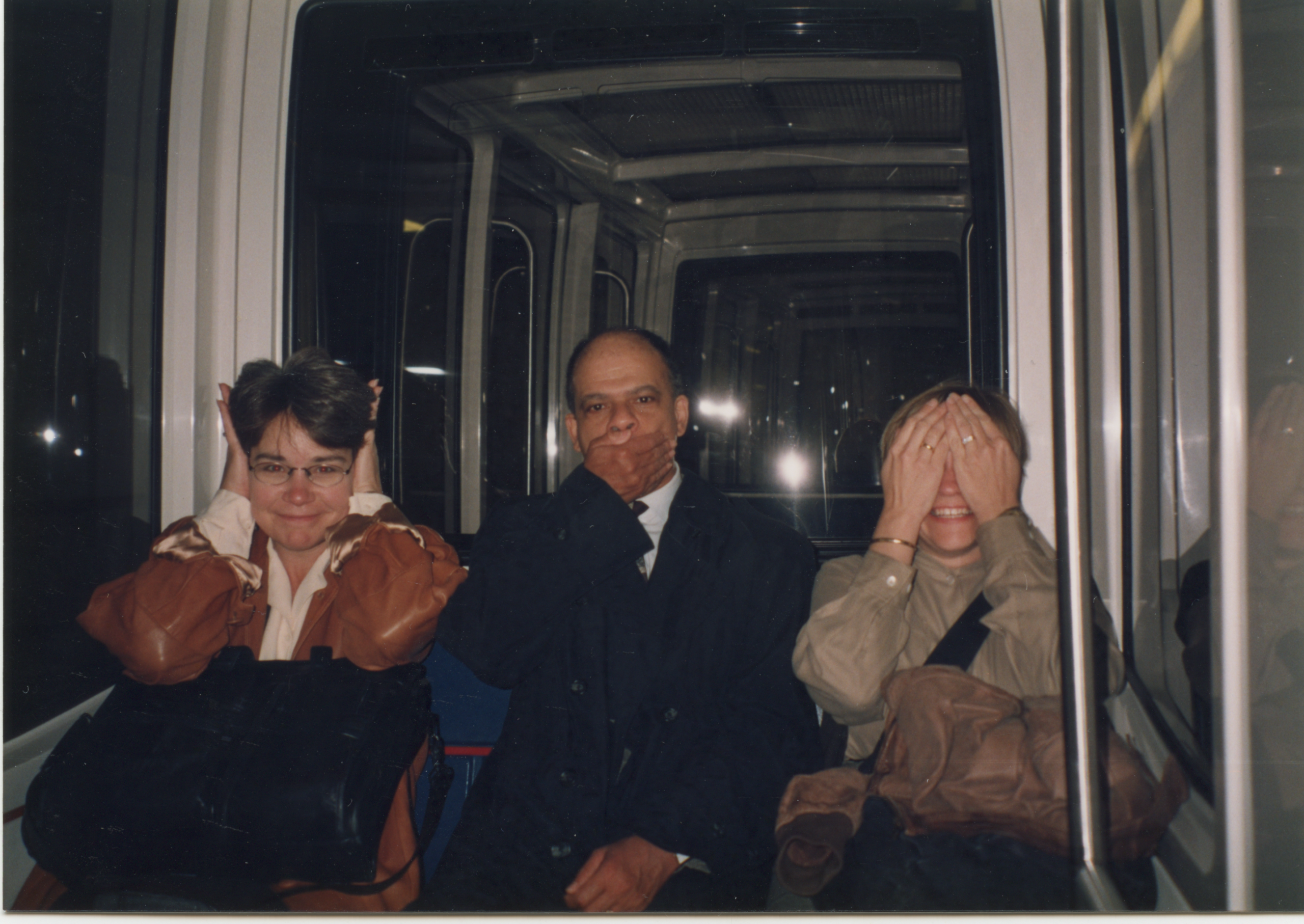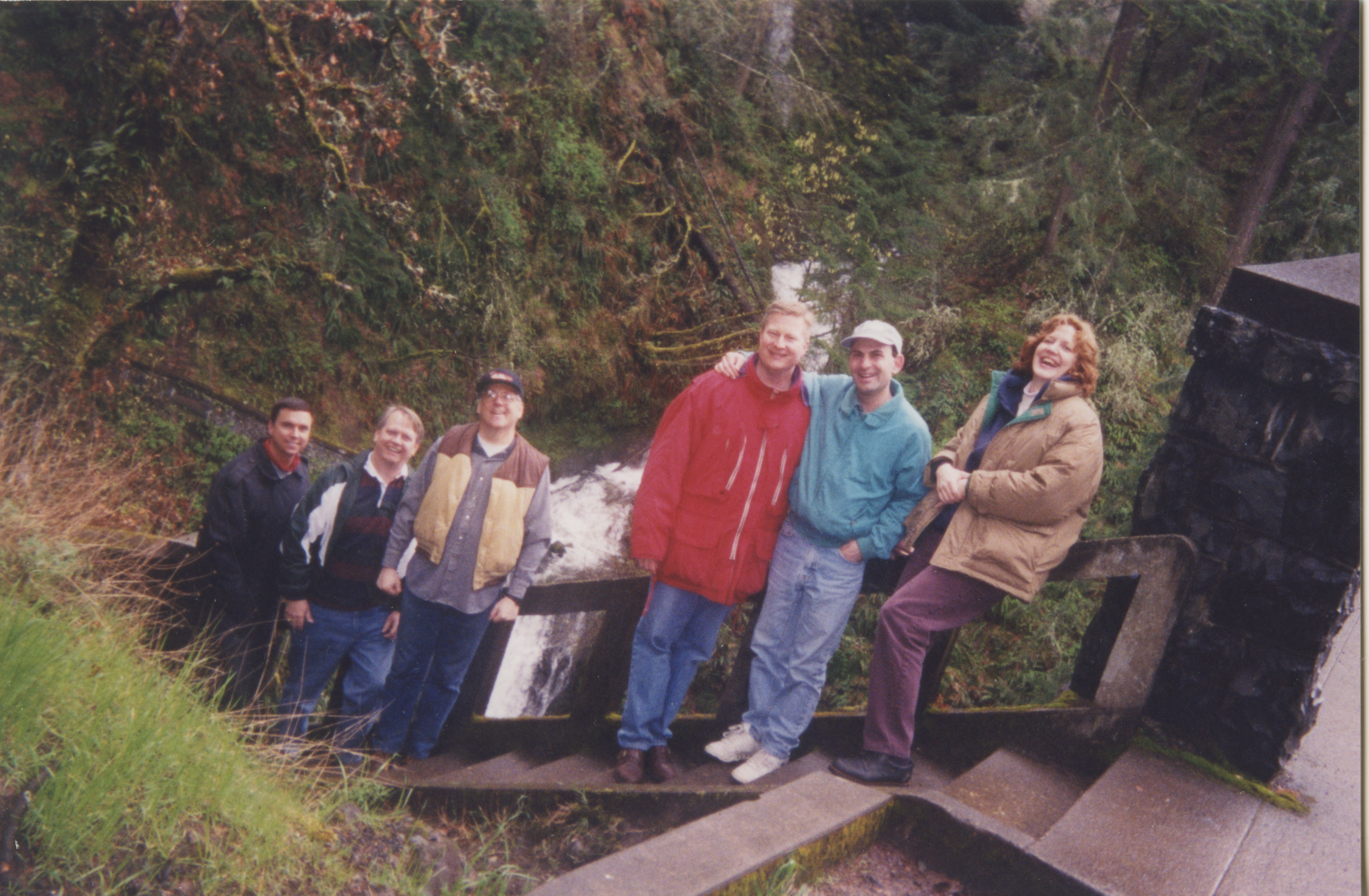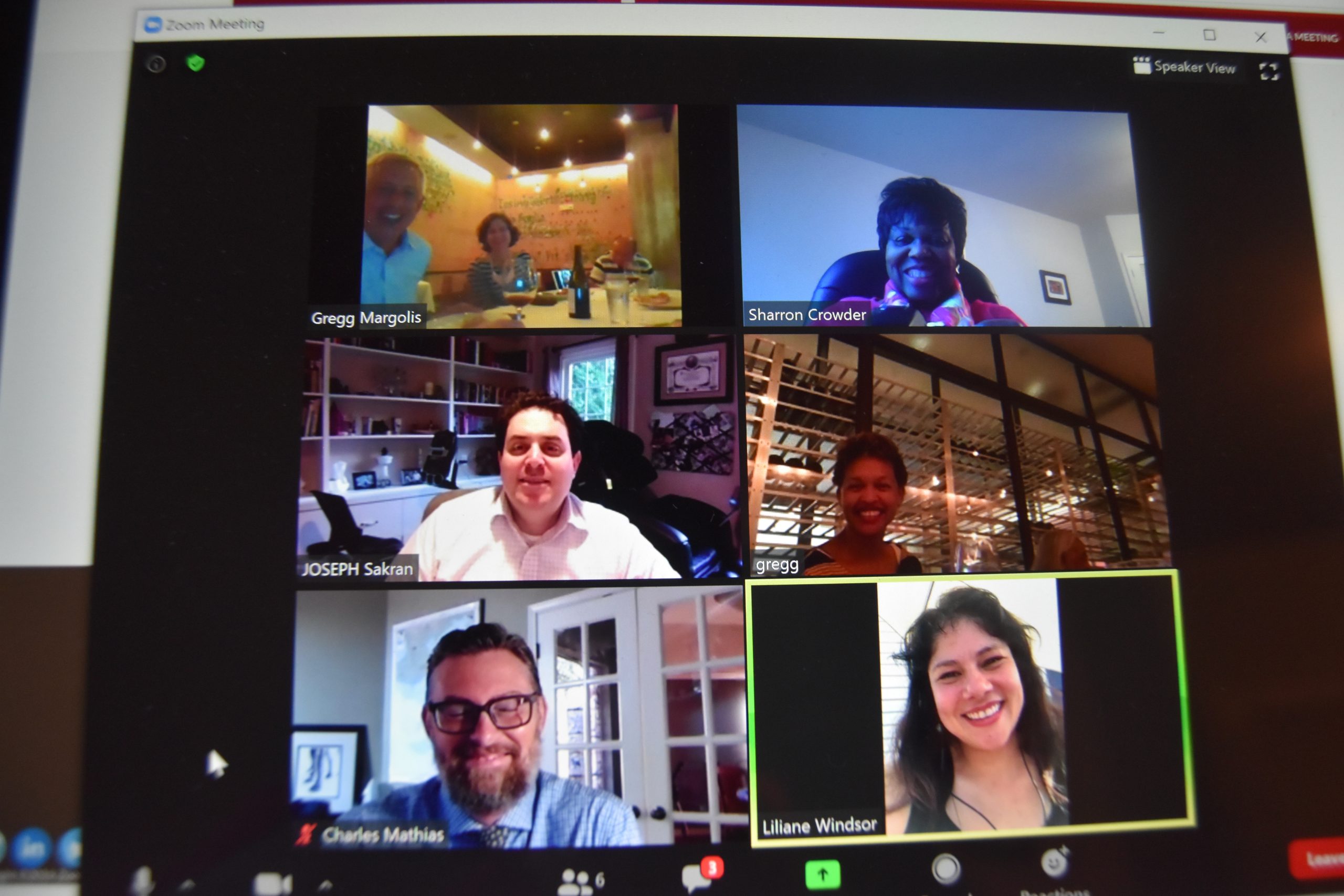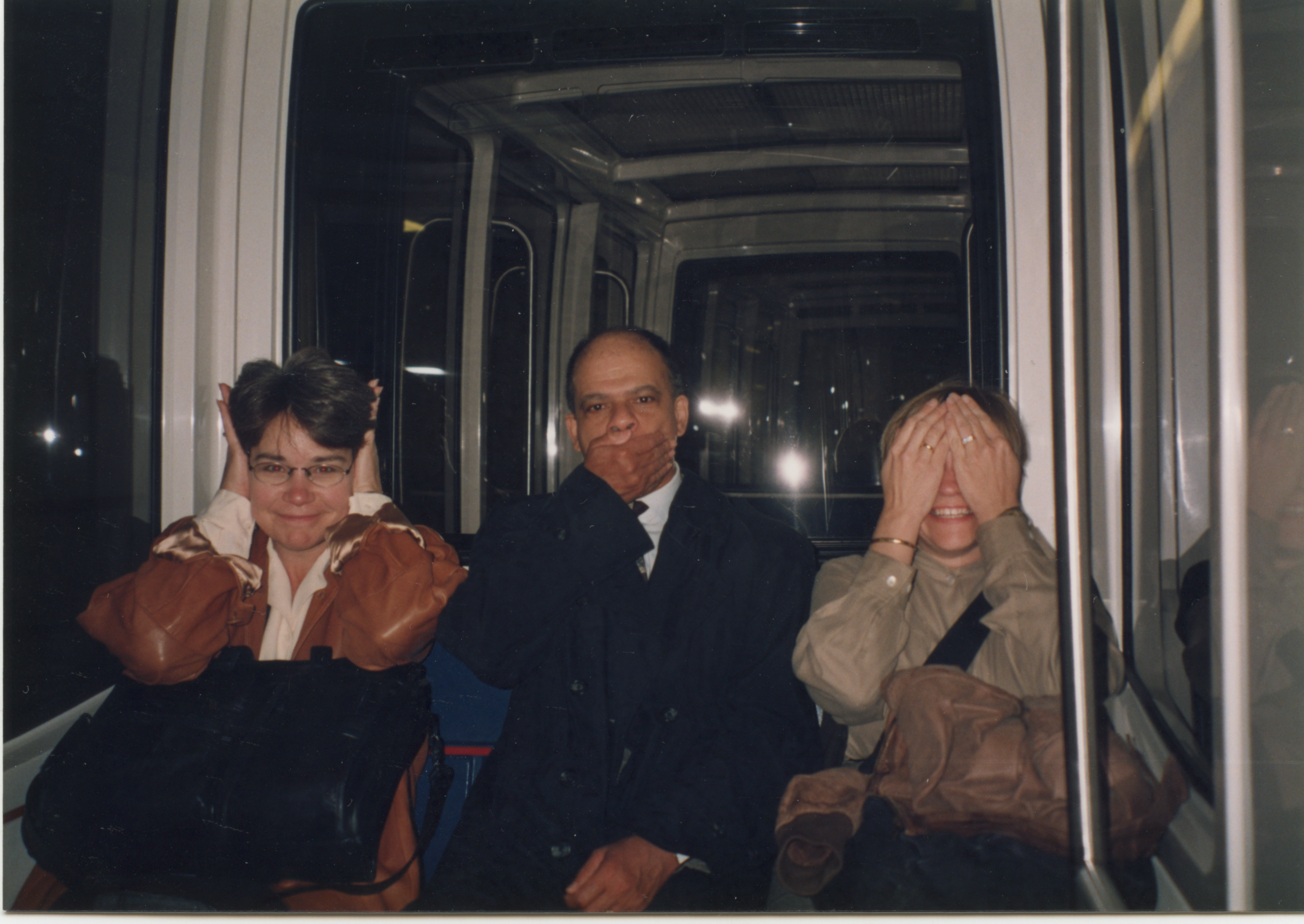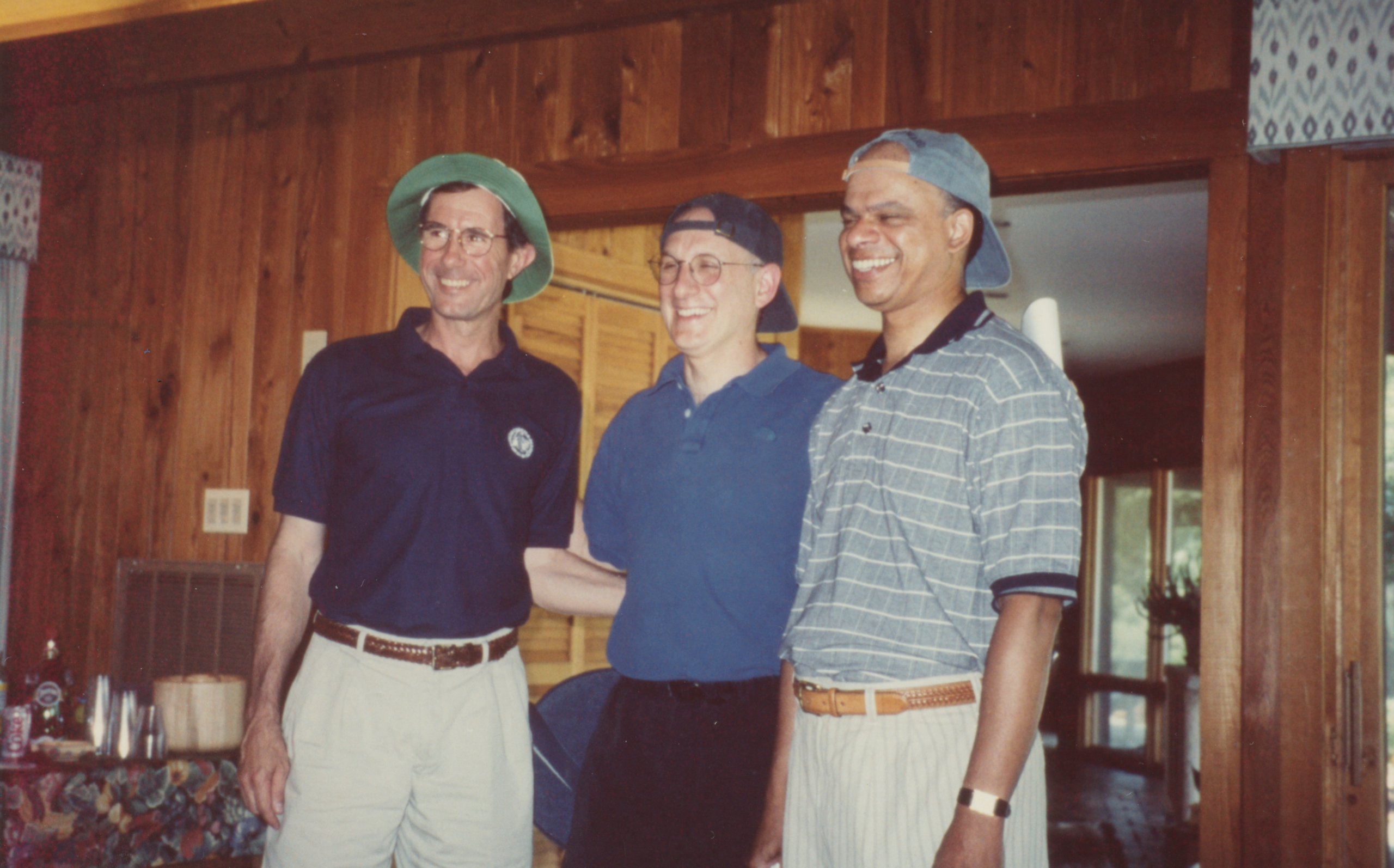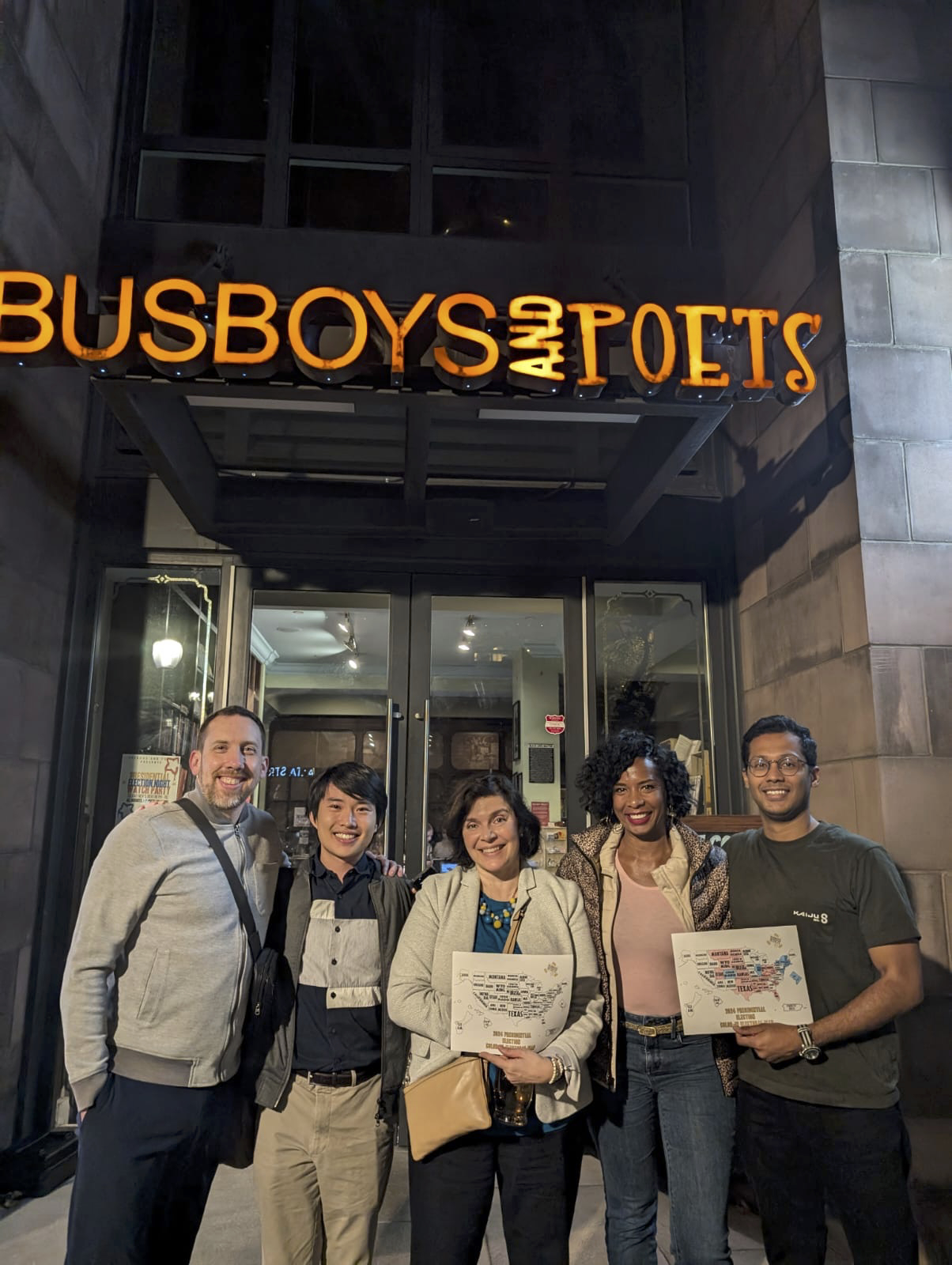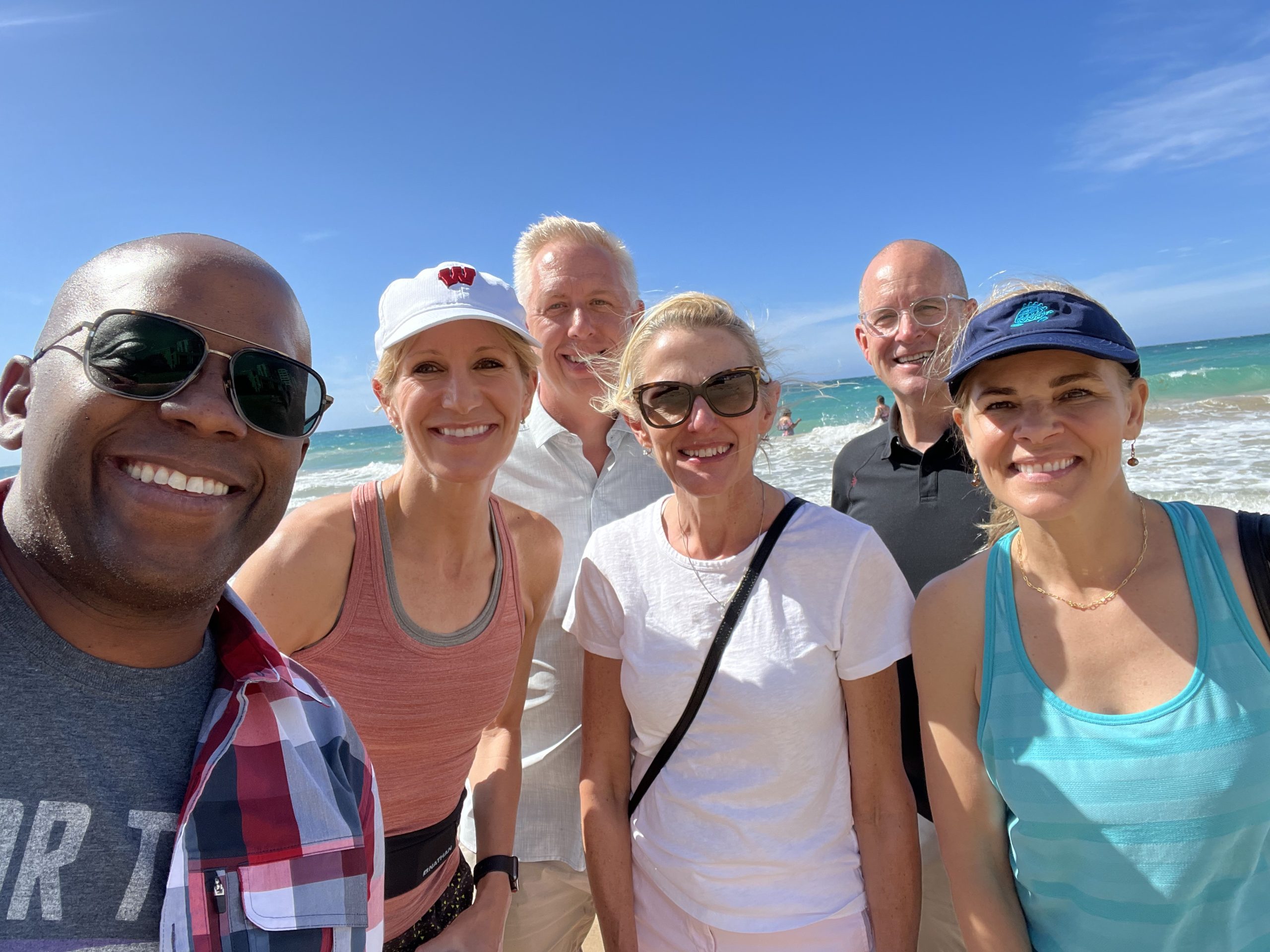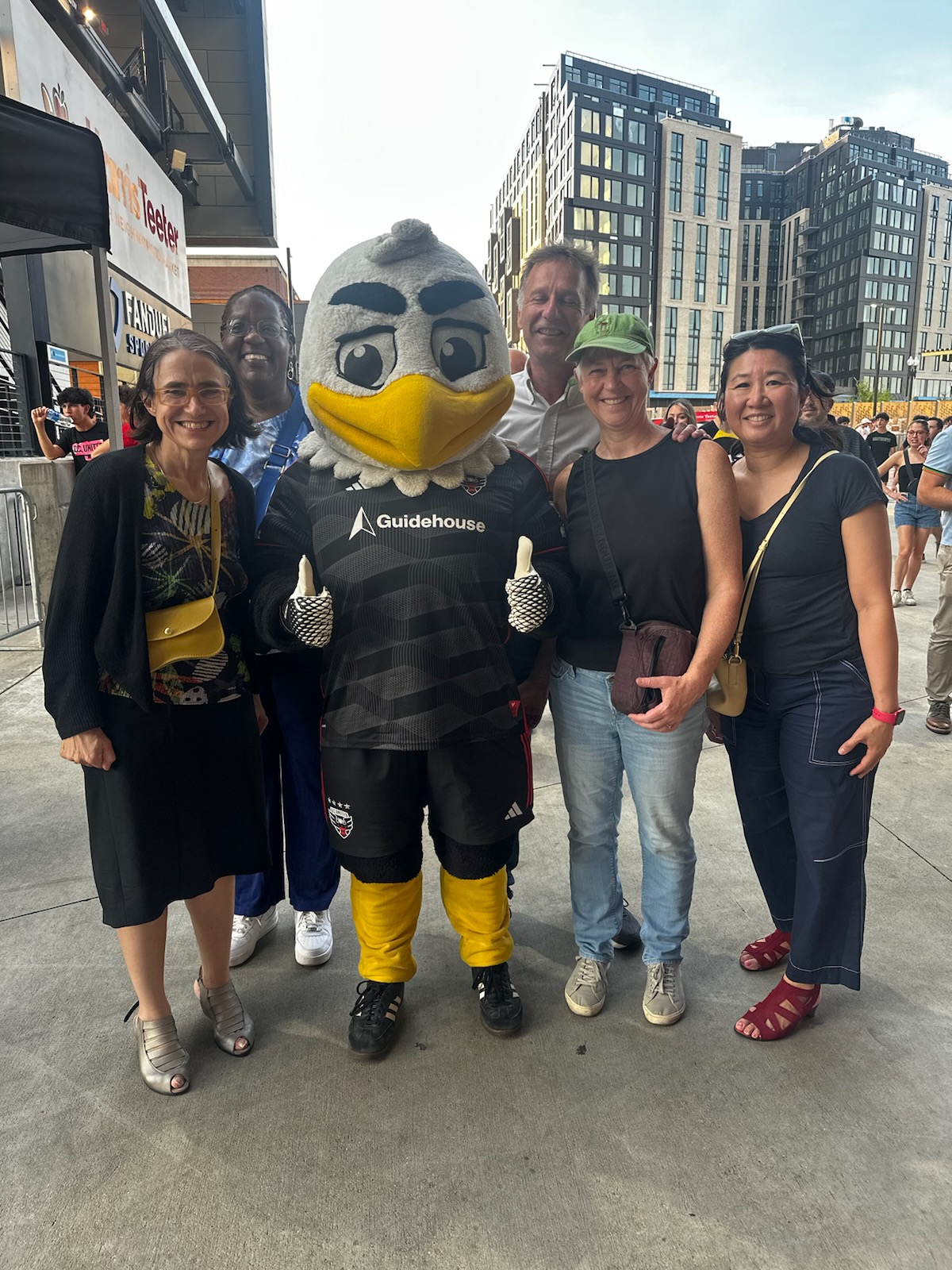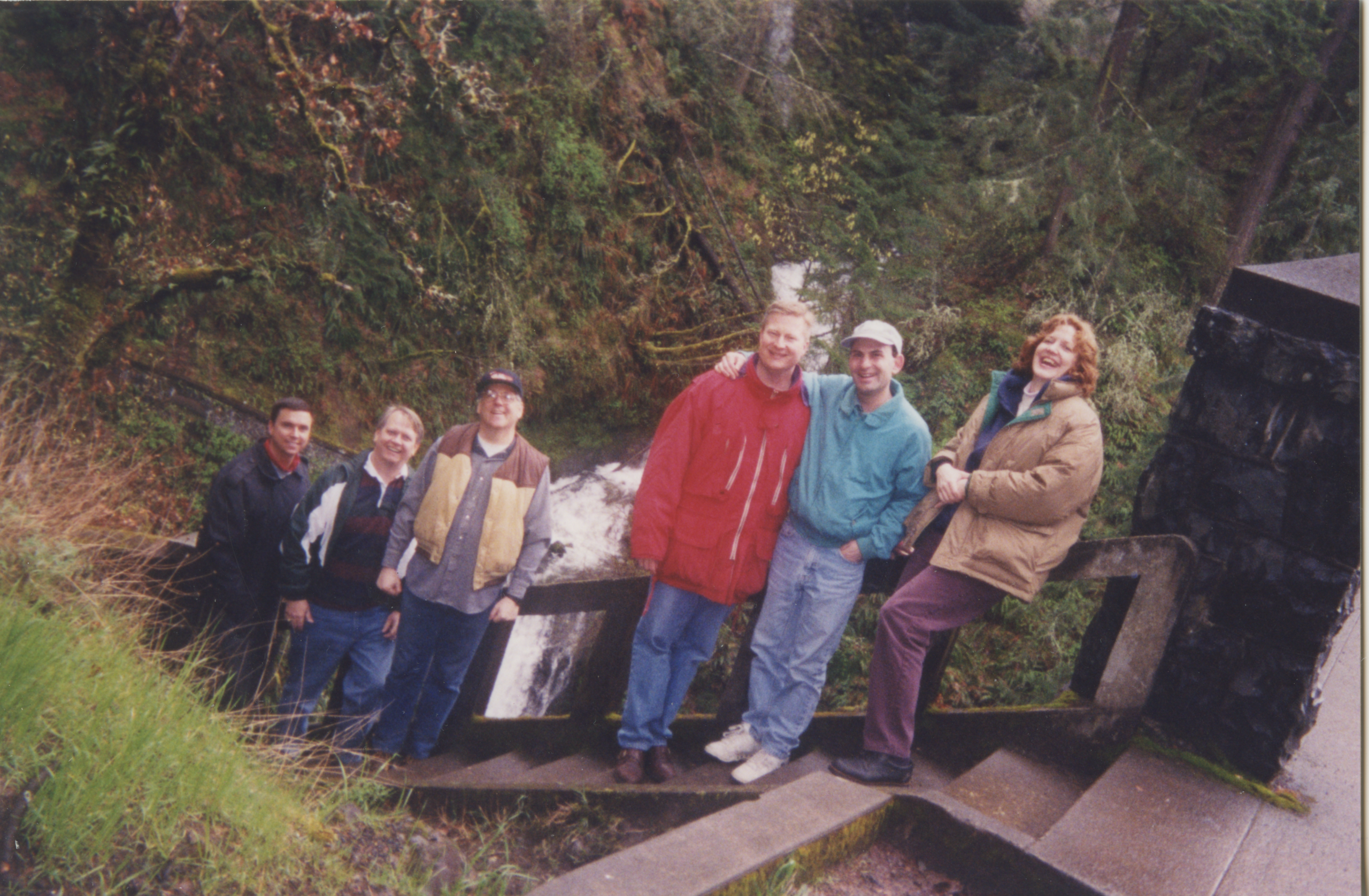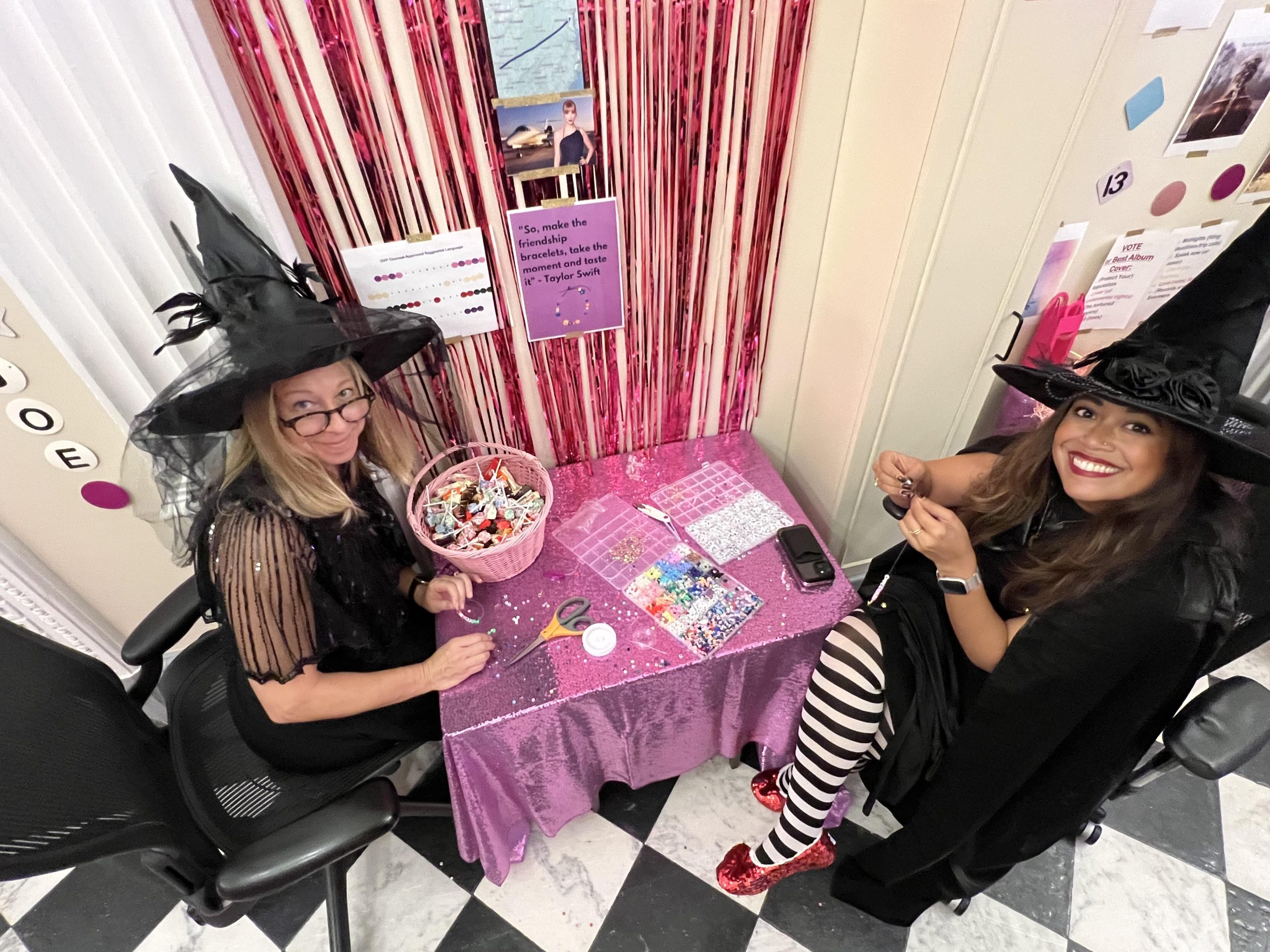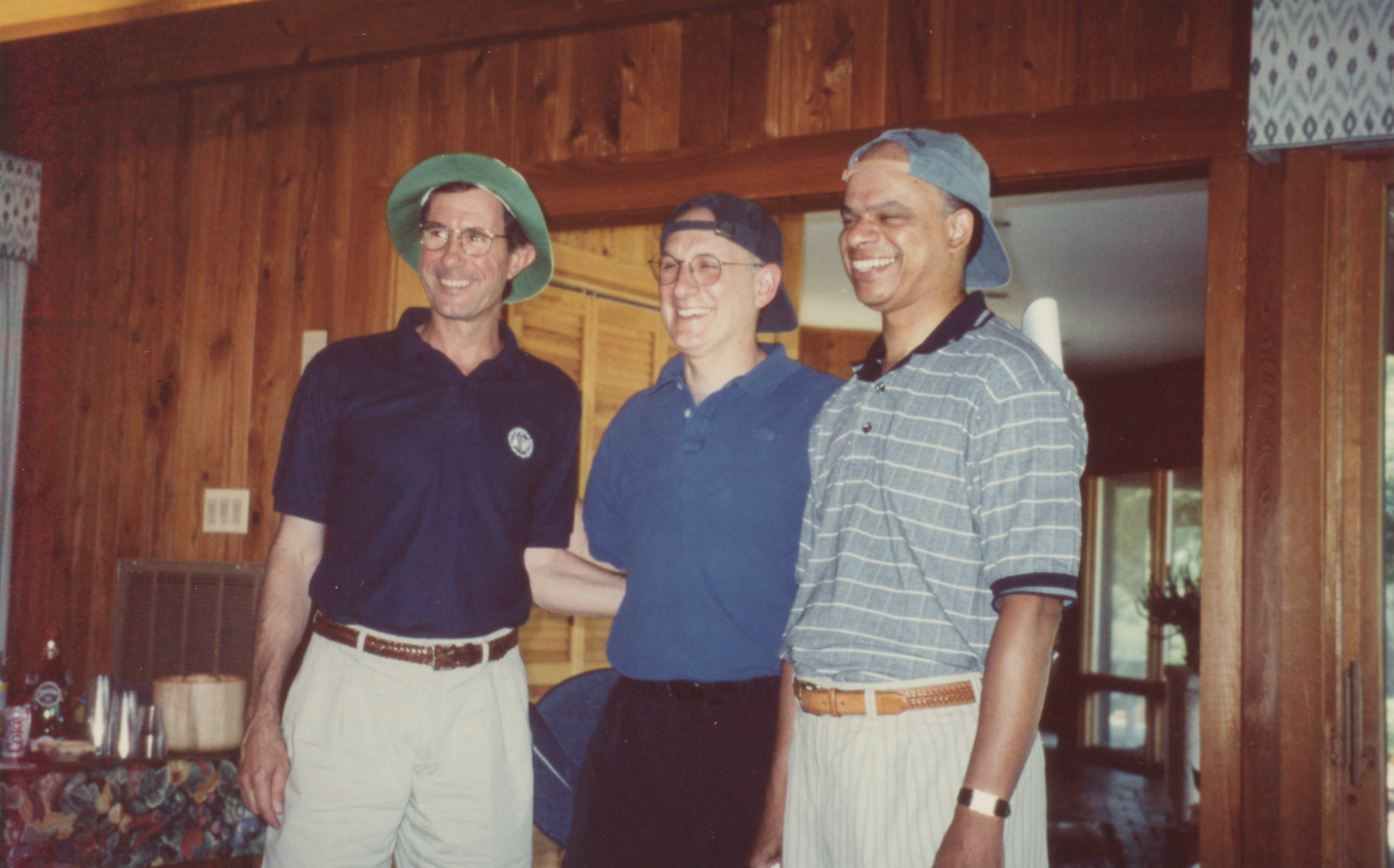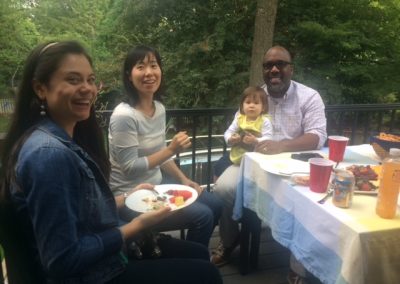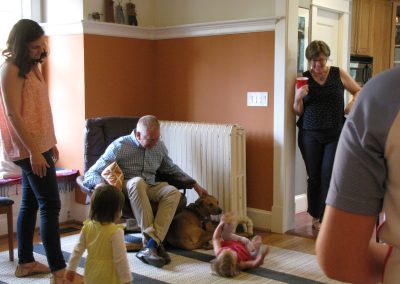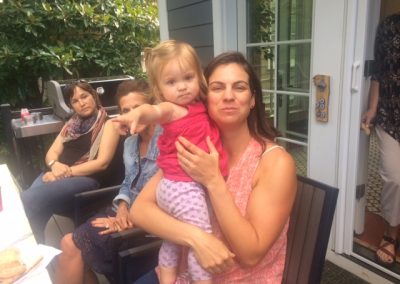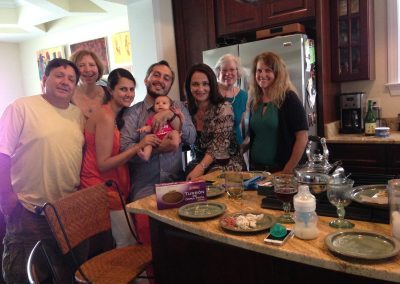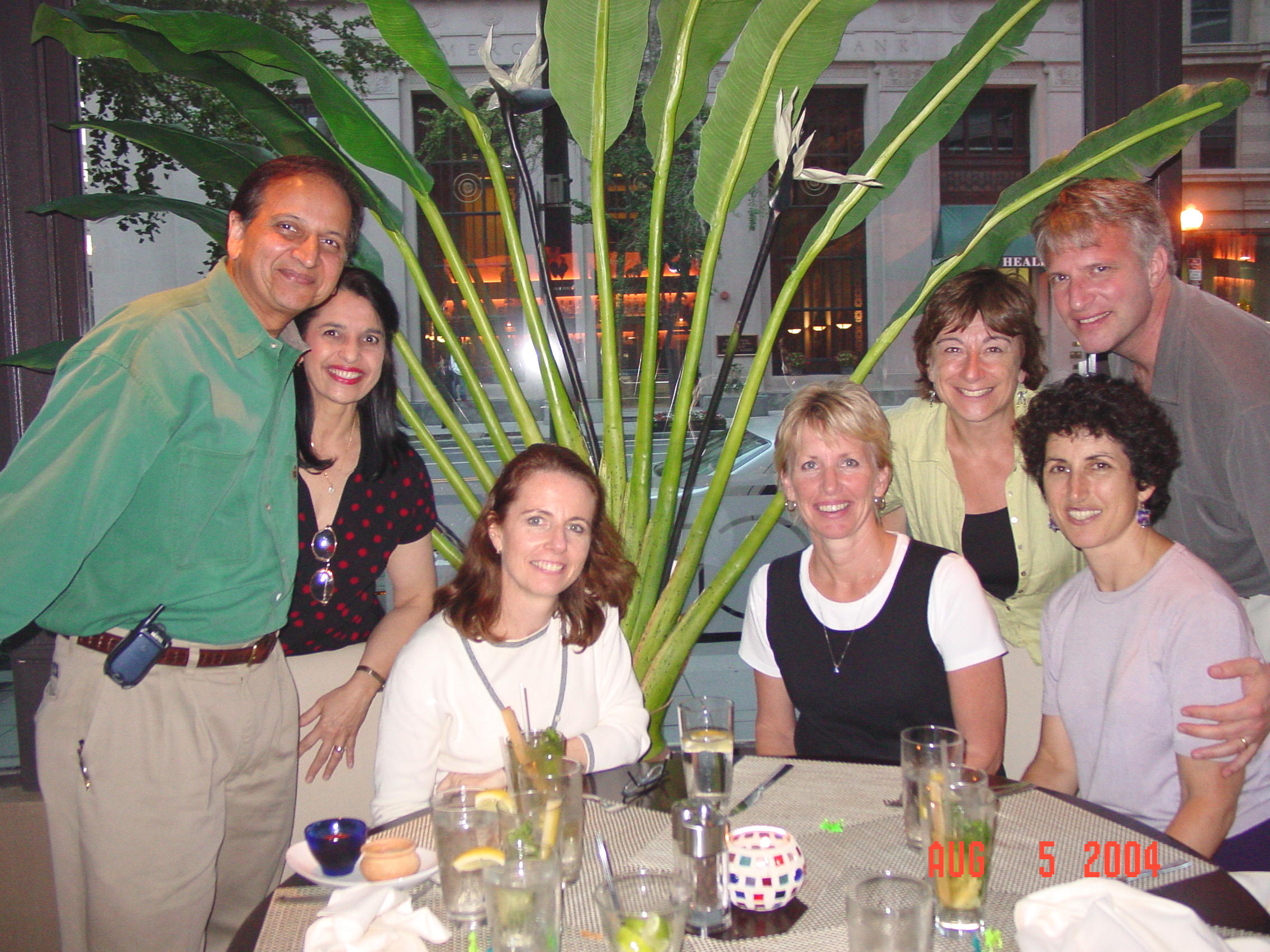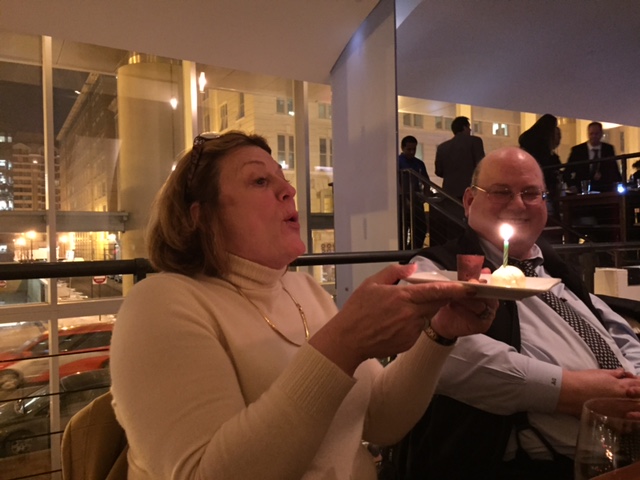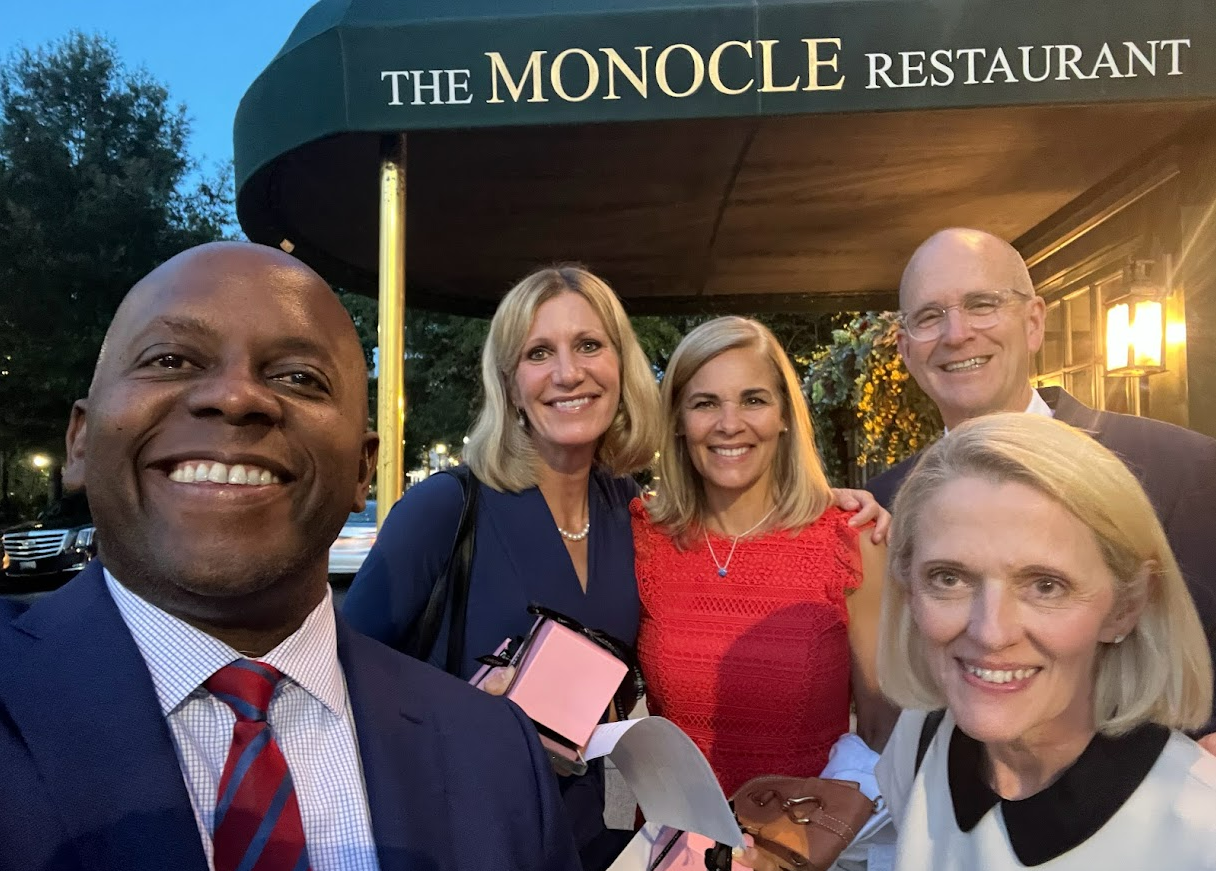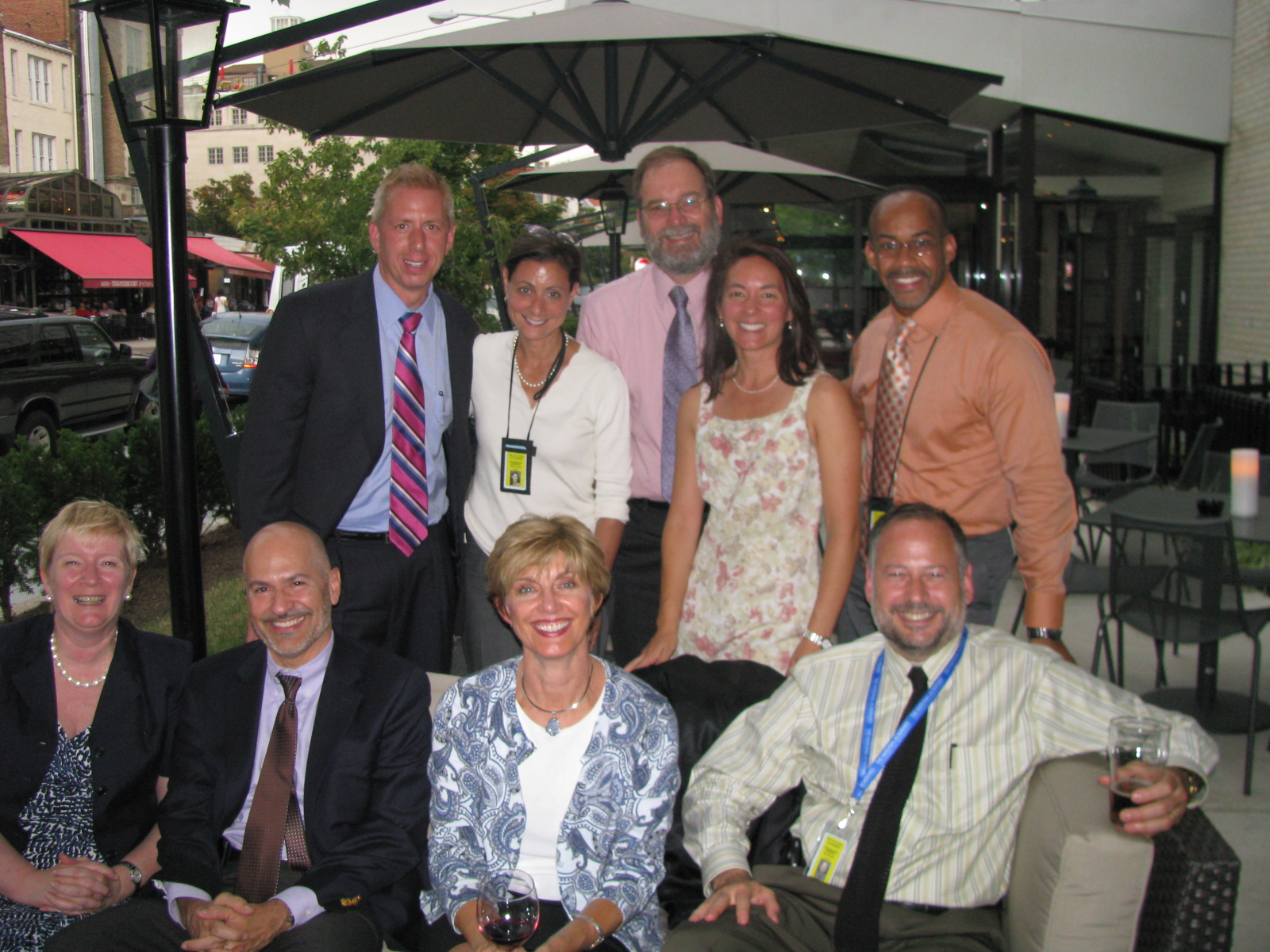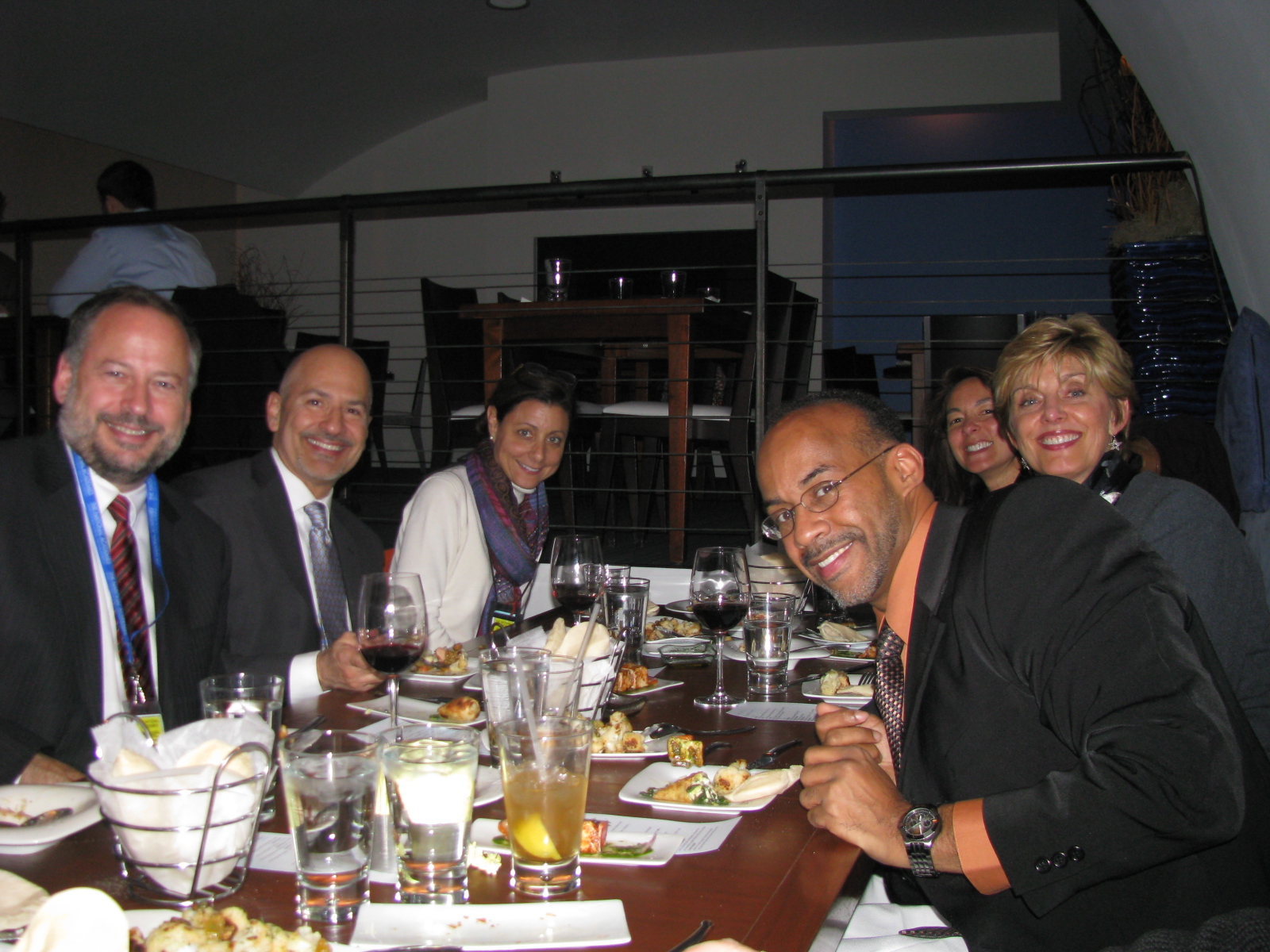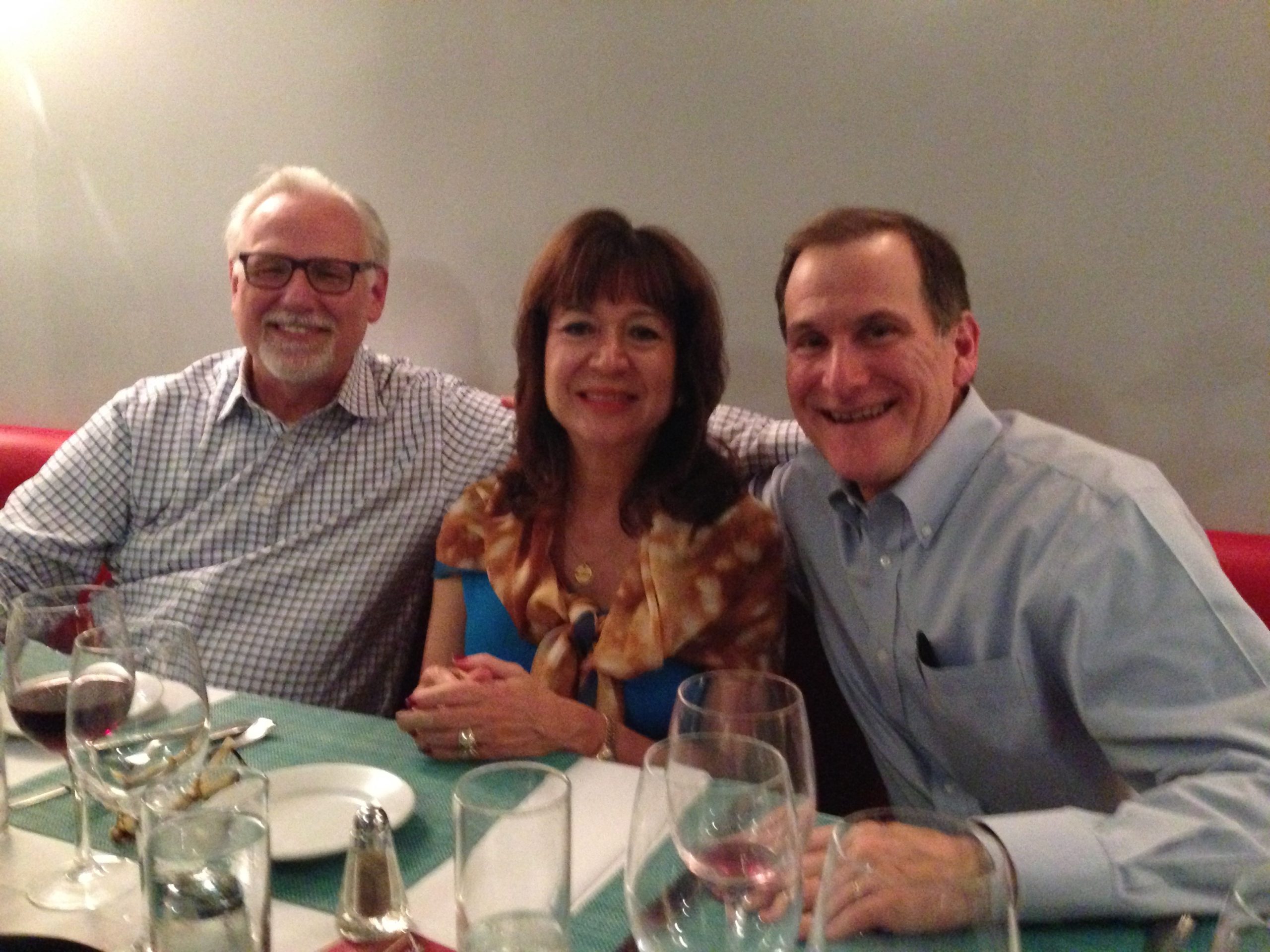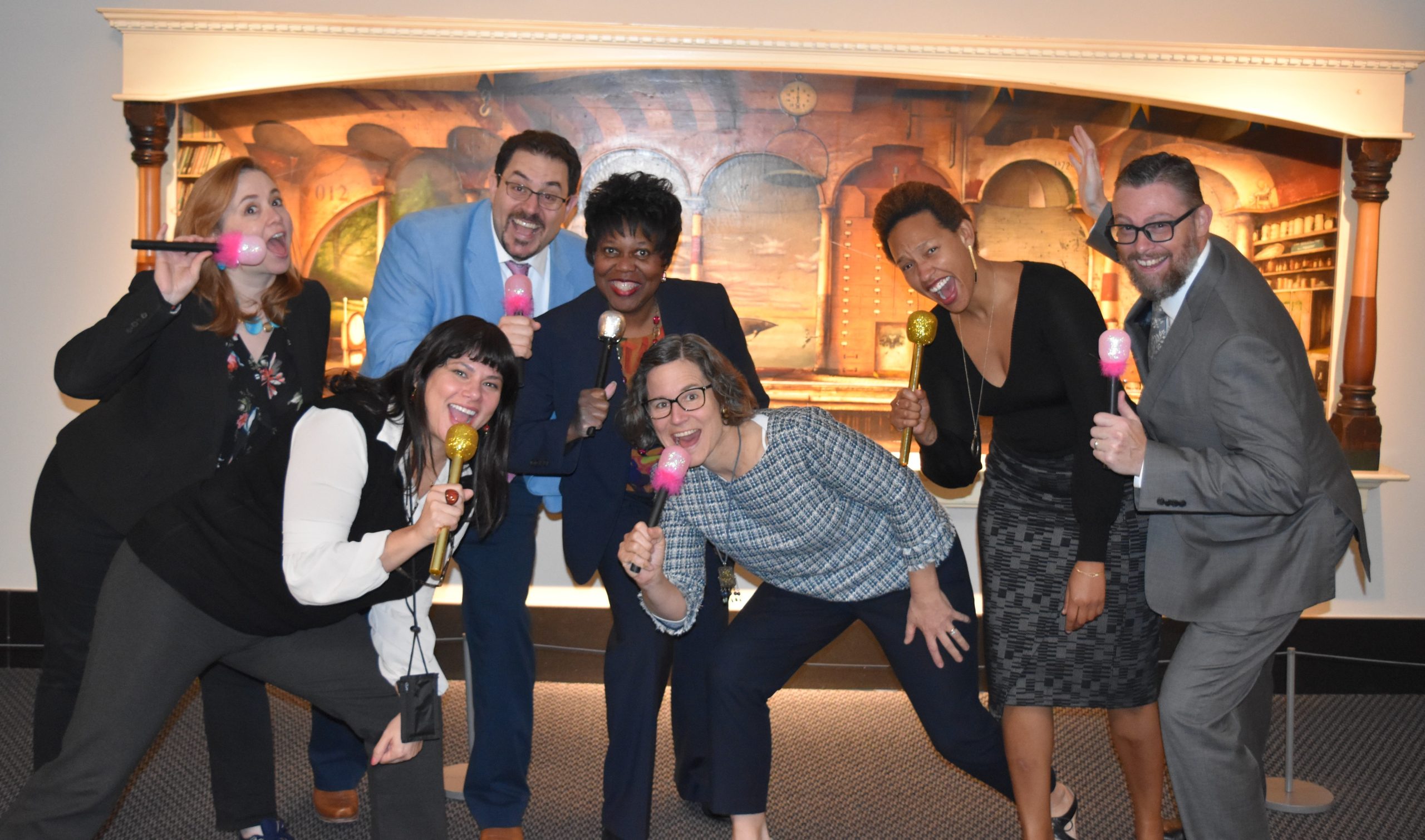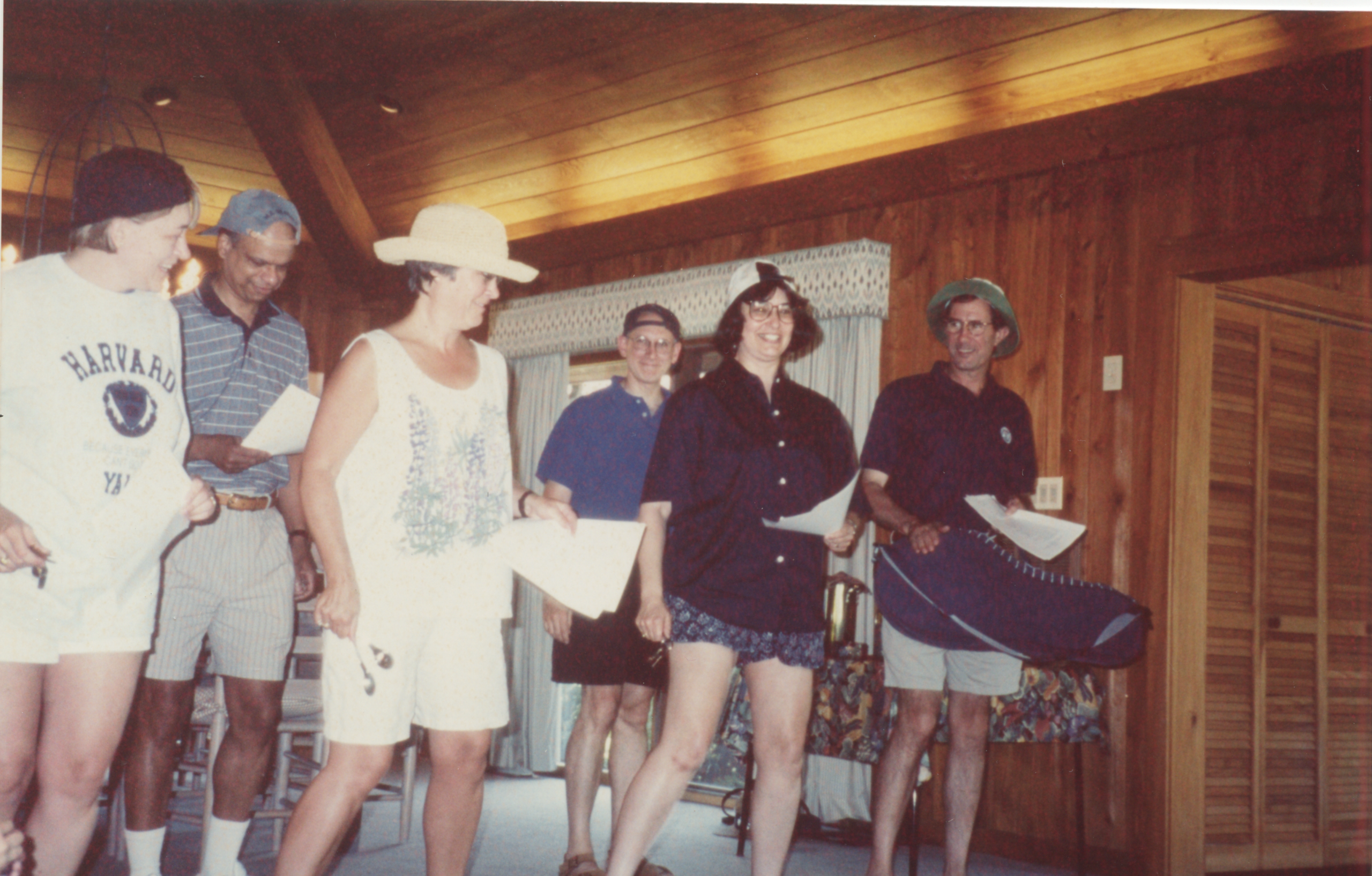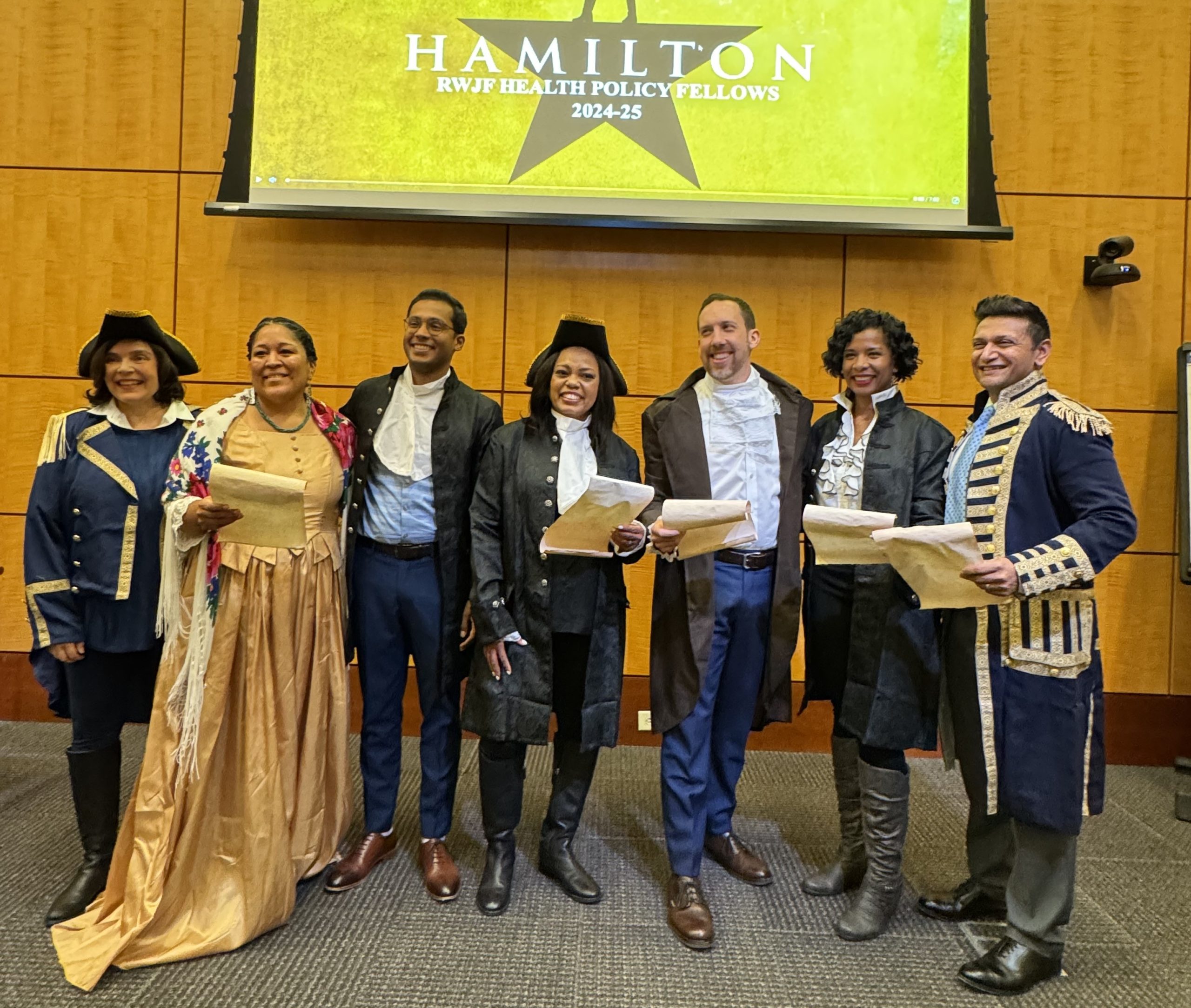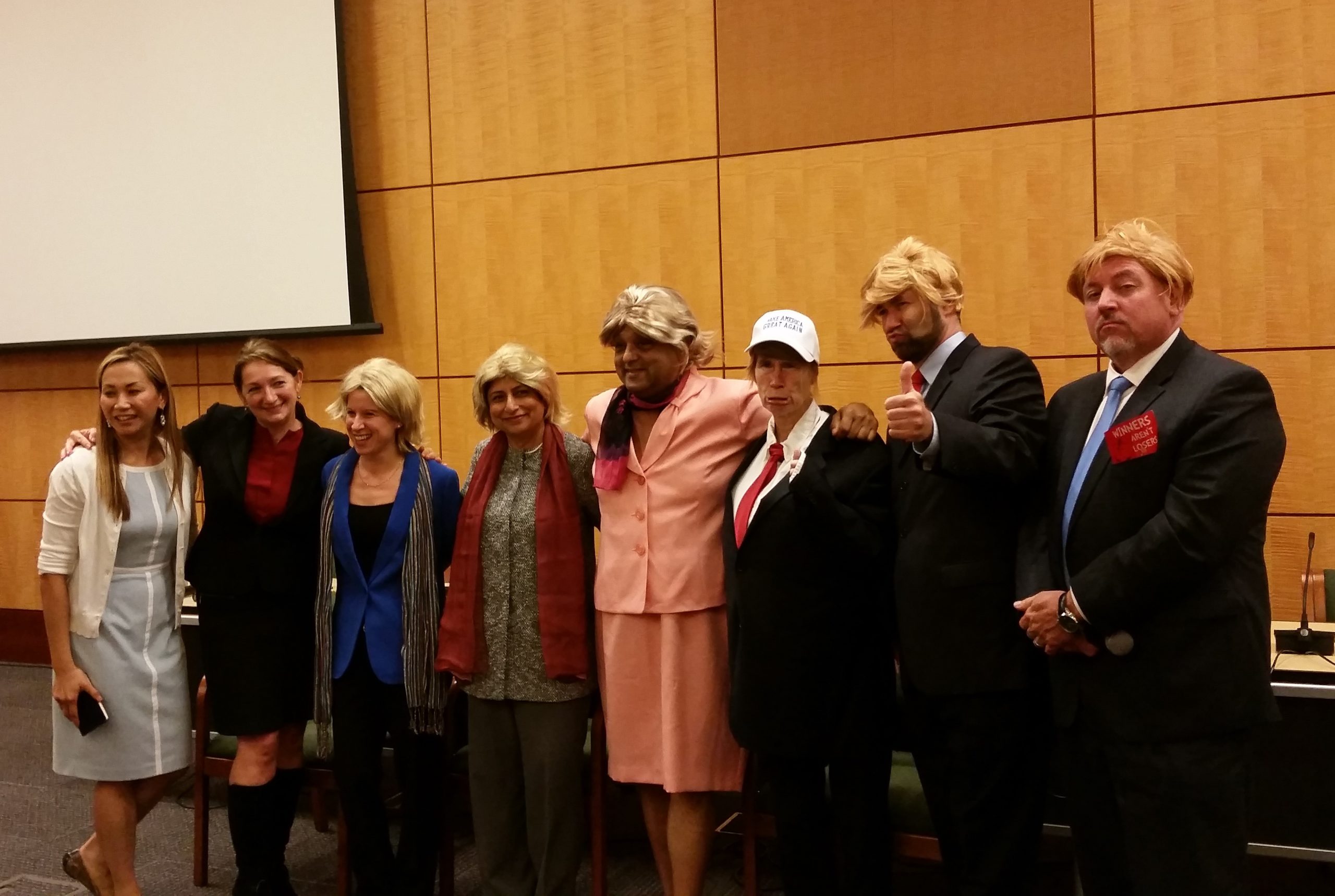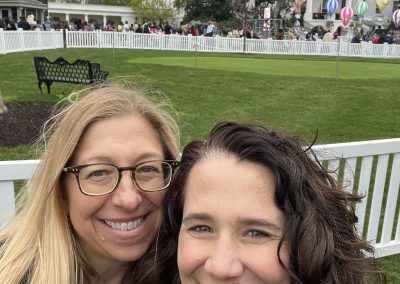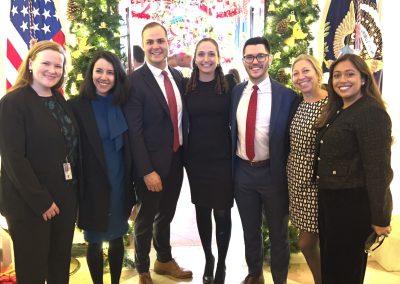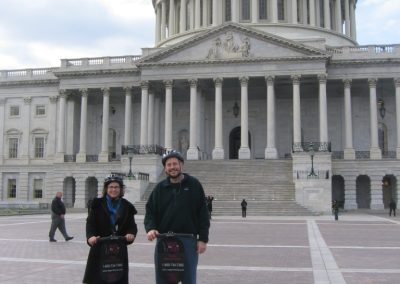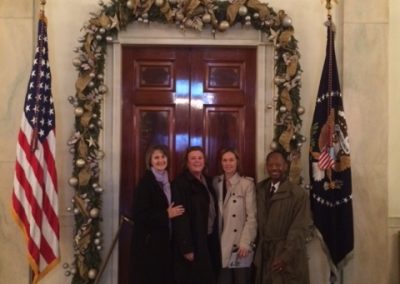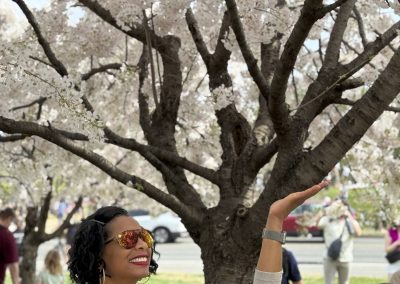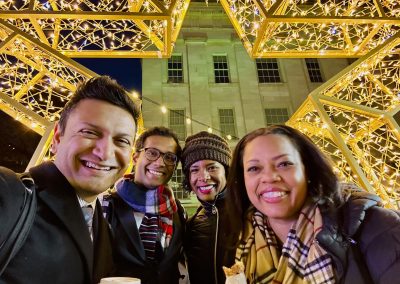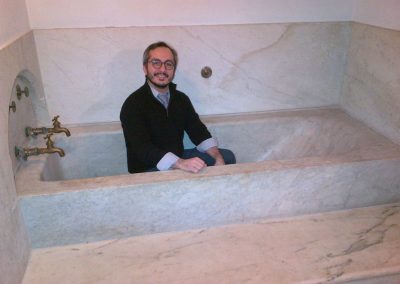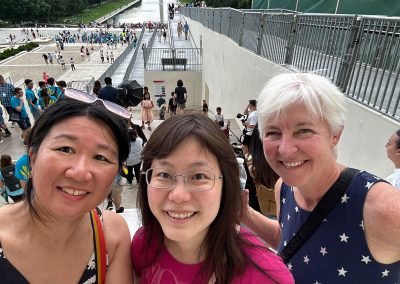OUR FELLOW FELLOWS
“I don’t think anyone has had the level of impact [on me] as my fellow fellows.”
– Barbara Damron, 2012-2013 Fellow
Fellowship (n.)
1. a position that supports study, research, or professional development.
2. a sense of community and shared purpose that exits among people.
3. a company of equals or friends.
The Robert Wood Johnson Health Policy Fellowship encapsulates these overlapping definitions, which represent both the goals and outcomes of the program. United in their mission to learn about health policy, this fellowship strengthened fellows’ professional, personal, and family bonds over the course of their year in service. They report leaving this experience forever changed because of the relationships with their fellow fellows.
Beyond the Cohort: Building the Alumni Community
By the end of each fellowship year, the fellows are not only connected with their fellow cohort members, but also the larger health policy fellows family. The mission of this fellowship is carried on through this expansive network of alumni, all of whom are dedicated in their mission to effect health policy and to support the rising generation of health policy fellows.
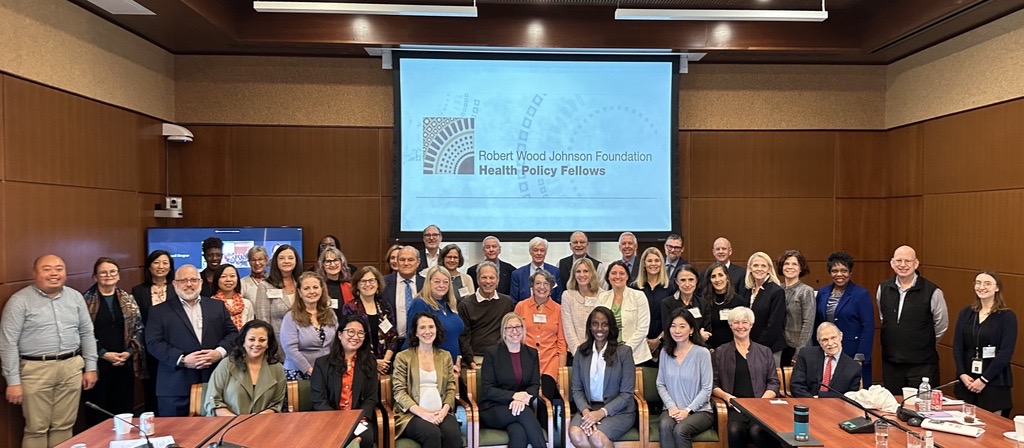
Community Building
While health policy is the primary focus of the fellowship, community building is a close second. To meet this priority, Program Directors and staff create opportunities for fellows to bond within their cohort, knowing the cohort members serve as the primary support for each other throughout the duration of the program.
In addition to program-based activities, many fellows take it upon themselves to coordinate social events on their own, creating almost a second family among their cohort. From happy hours after work, to kayaking on the Potomac, or spending an evening at the Kennedy Center, there is no shortage of entertainment and community building opportunities over the course of the program. At weekly dinners, fellows laugh together, cry together, and work together, forever changing how they view the importance of diverse relationships. For many, these relationships carry beyond the fellowship and remain a memorable part of the program.
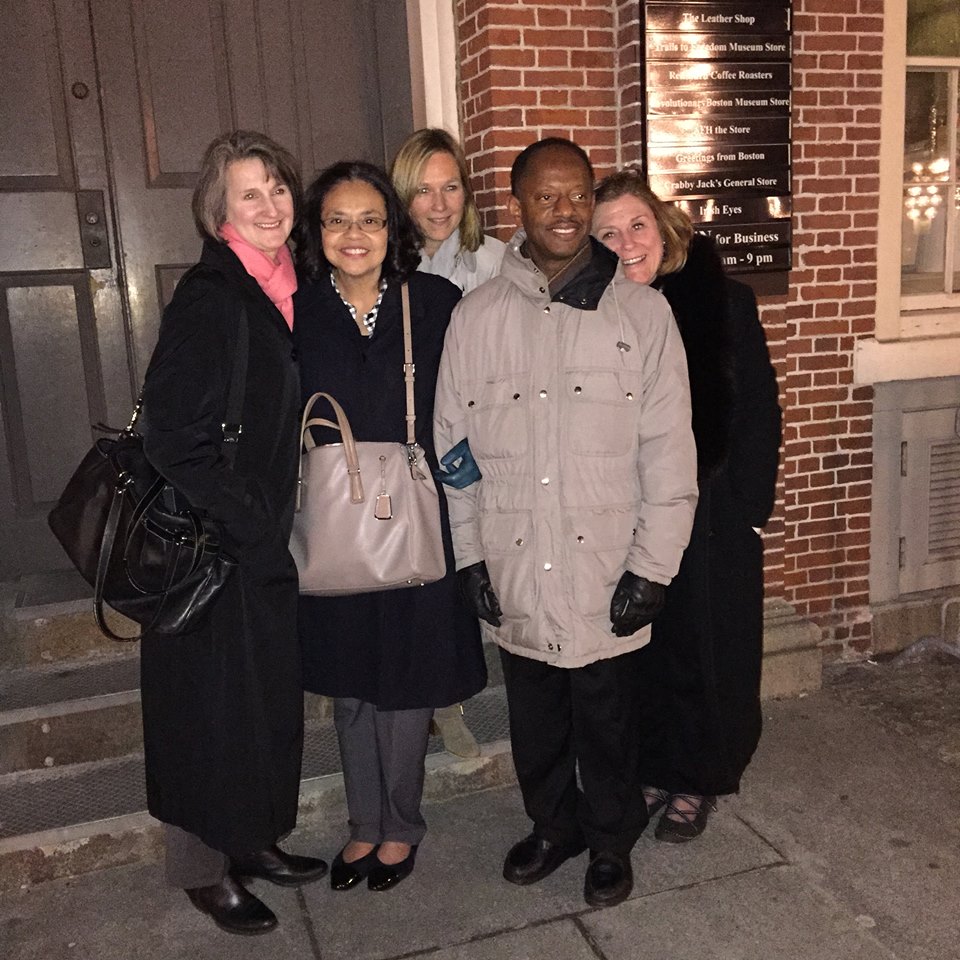
‘[During the fellowship,] I depended on [this] diverse group of people. We didn’t agree necessarily on politics and we weren’t interested in the same things, but I had no doubt that if I got into trouble, they’d be there.
It got tested while I was here, and it’s also been tested since I’ve moved on. When I’ve had a crisis in my work, when I’ve had a big change in the organization around me, or when they’ve had a major change, I hear from them and they hear from me and we’re still there [for each other]. We have a message [thread], and so one person will say, “Oh, no, look what’s happening.” And then the other person say, “Wait, wait, wait, I have some other information,” and it goes around the circle until you have your equilibrium again. And I wouldn’t have predicted that when I first met them.’
I would like these next few sections (The Skit , Washington, DC Scavenger Hunt, etc) be collapsible sections that start collapsed and people can click in to learn more
Program-Hosted Dinners and Events
Throughout the fellowship year, the program staff plans and hosts events to bring the cohort, their families, and sometimes alumni together to catch up and bond. These events have included bar-b-ques at the program directors house the week before the fellowship officially begins, monthly breakfasts at a cafe close to Capitol Hill during the portion of the fellowship that fellows are in their placements, new fellow and alumni happy hours to encourage cross-cohort mingling, and much more.
“They would call me mother hen. We had breakfasts together, dinners together. We really became family.”
–Marion Ein Lewin, fellowship director 19XX-19XX
Weekly Cohort Dinners
“We built on our relationships, [formed during orientation], by going to dinner every week together. [Those dinners were] the making of us.”
– Karen Armitage, 2014-15 fellow
The Skit
Perhaps the most memorable program-based activity was the skit: an original production written and performed by the fellows at the annual retreat. Introduced in the 1990’s, these skits parodied musicals or popular culture and served as one of the comedic highlights of the fellowship.
Preparing for these skits allowed the fellows the opportunity to laugh, be creative, and to collaborate with one another in a lighthearted way, providing a break from their day-to-day policy work on the Hill.
Washington, DC Scavenger Hunt
To encourage fellows to spend time together and to explore their home for the year, Program Director Gregg Margolis creates a Washington, DC scavenger hunt that he updates every year. The fellow who completes the most activities on the list gets a prize.
How many activities have you completed from Gregg’s 2024-25 list?
A Family Affair
For some fellows, the decision to come to Washington D.C. was a family affair. Knowing this would require sacrifice, they asked themselves, “Do I uproot my whole family for a one-year experience?” For many, the answer was “yes.” They did not regret that decision.
These fellows traveled to the nation’s capital with their families in tow and enjoyed exposure to new people, places, and opportunities unique to the D.C. experience. Opportunities included, playing at the playground with children of diplomats, enrolling in schools with staff and students from all over the world, and attending events at the White House…multiple times. Families became an extension of the immediate cohort, coming together for birthdays, barbeques, and bat mitzvah’s, during and after the fellowship. Some families even chose to stay in the area after their year in the fellowship had ended in order to continue to enjoy the vibrancy and culture of the capital city.
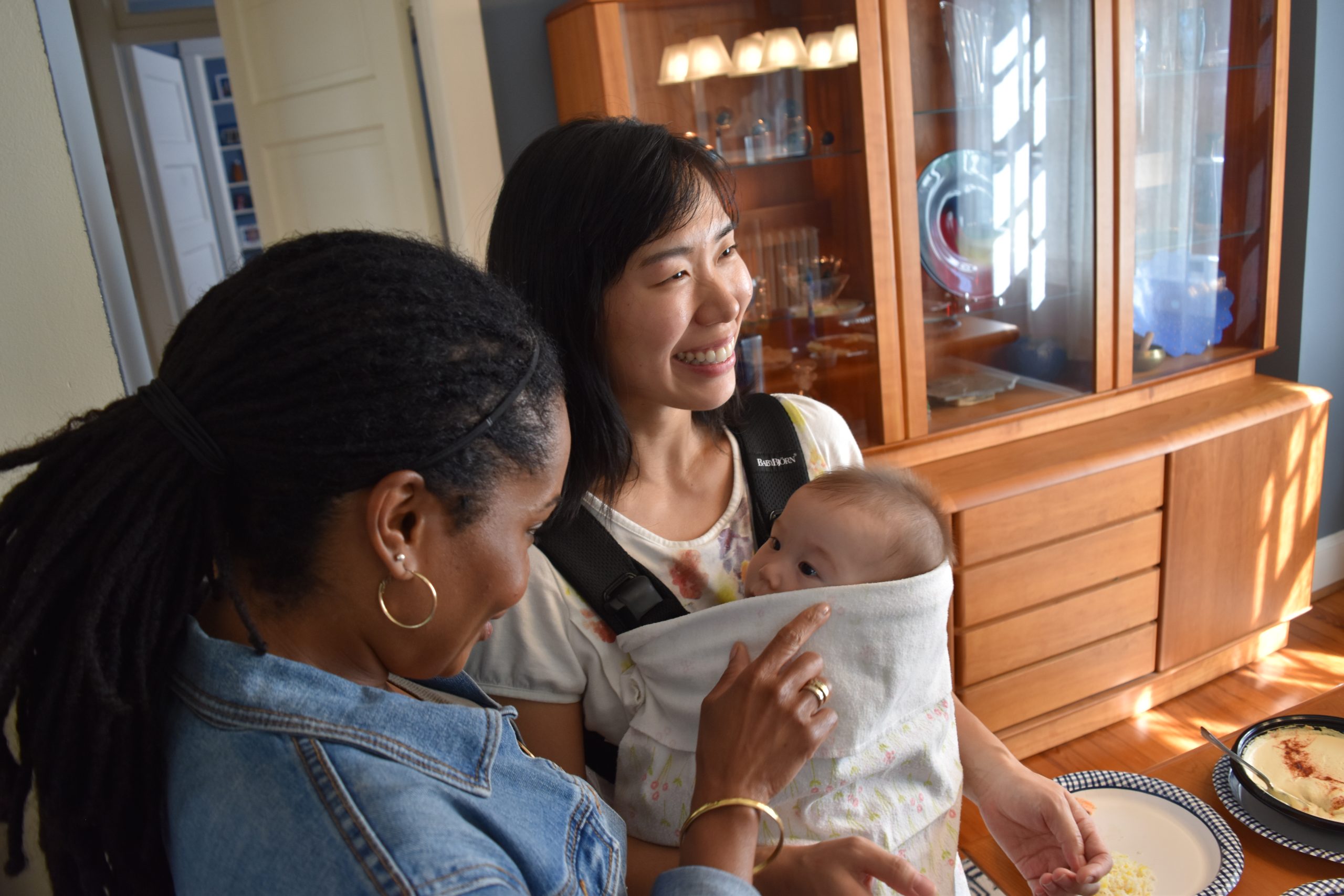
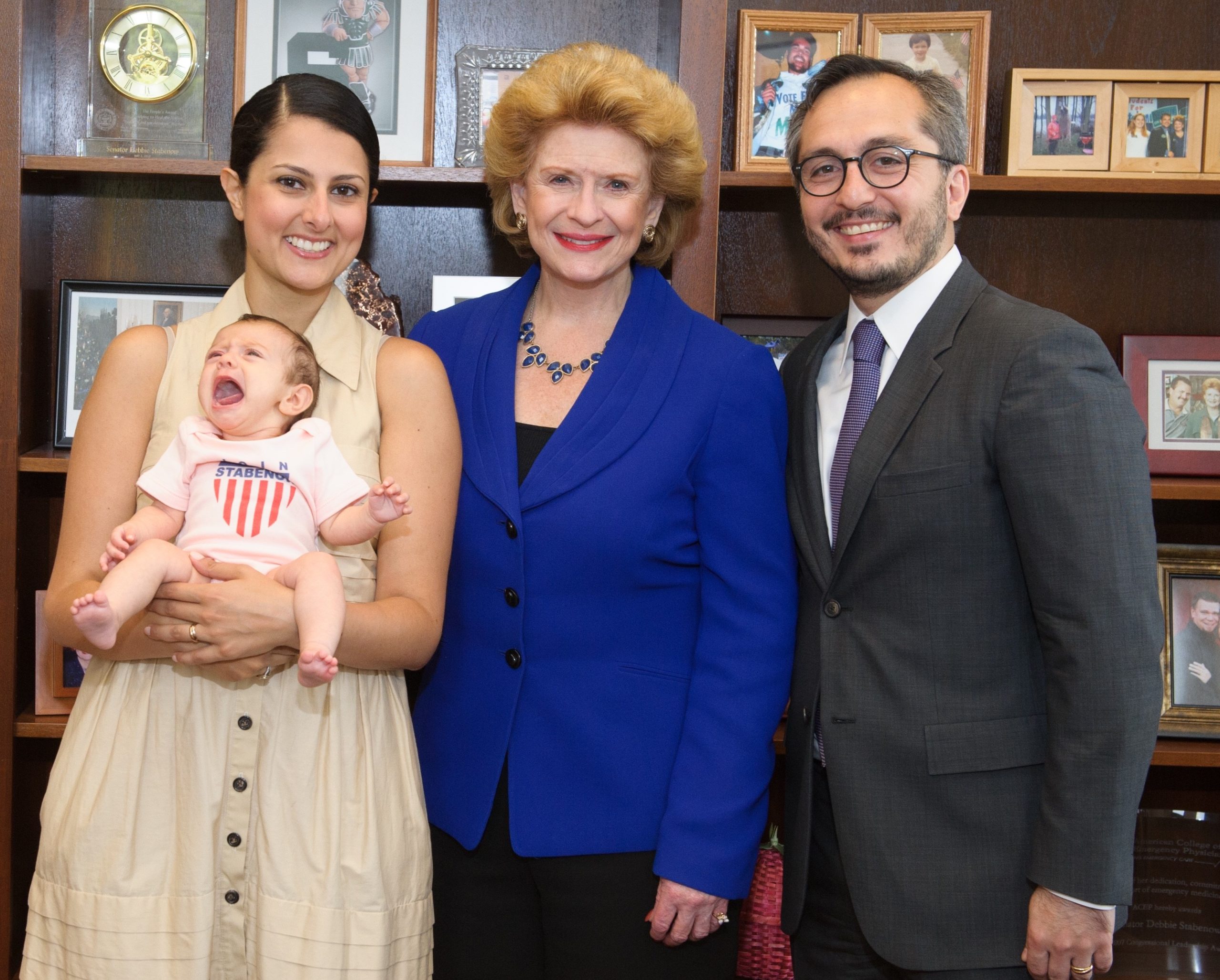
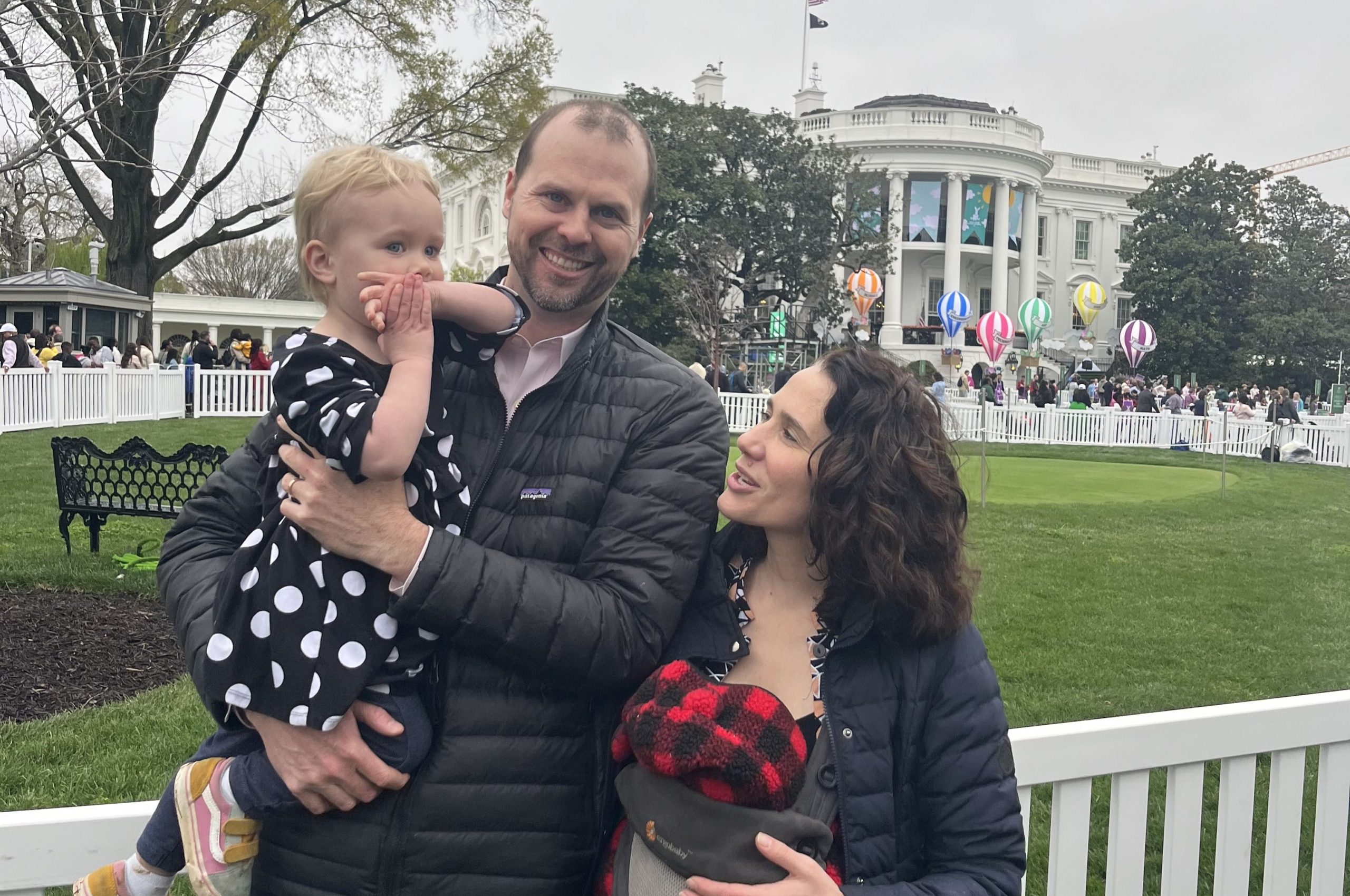
The Fellows Go to Washington
To the fellows, the city of Washington, D.C became a character, itself, just as real as the members of Congress for whom they worked. It was a living entity to be experienced, not just a place of employment. When not in their respective offices, the fellows took every opportunity to explore the D.C. area and all it afforded, from culture, to sports, to academics.

